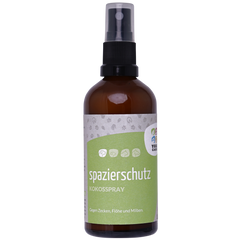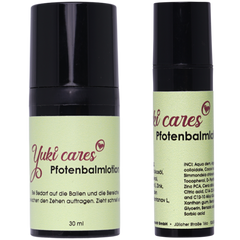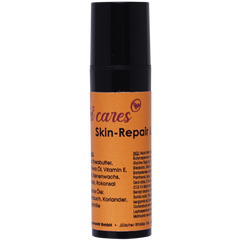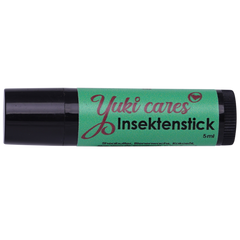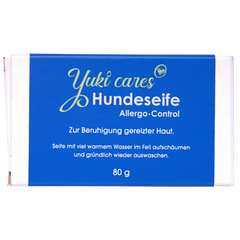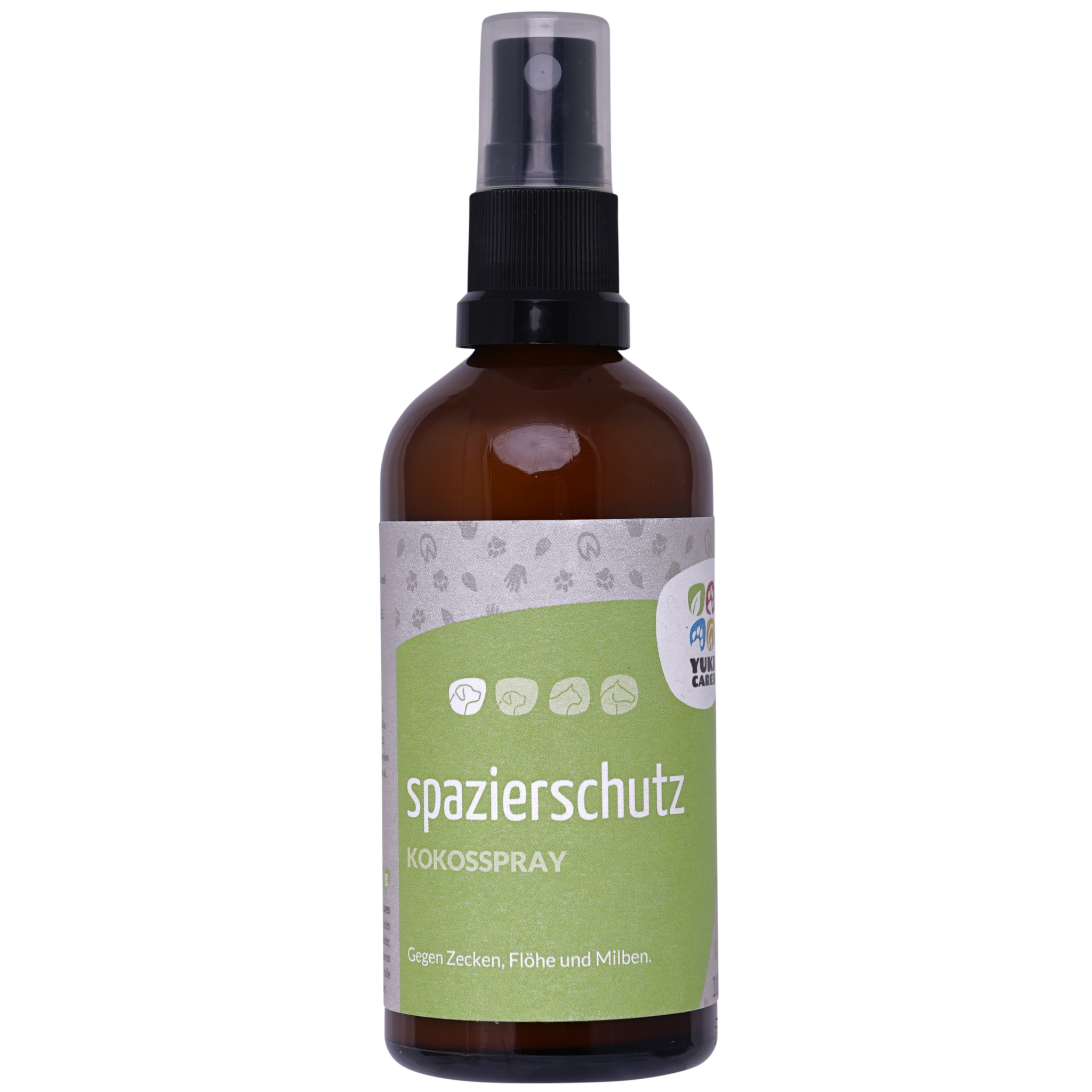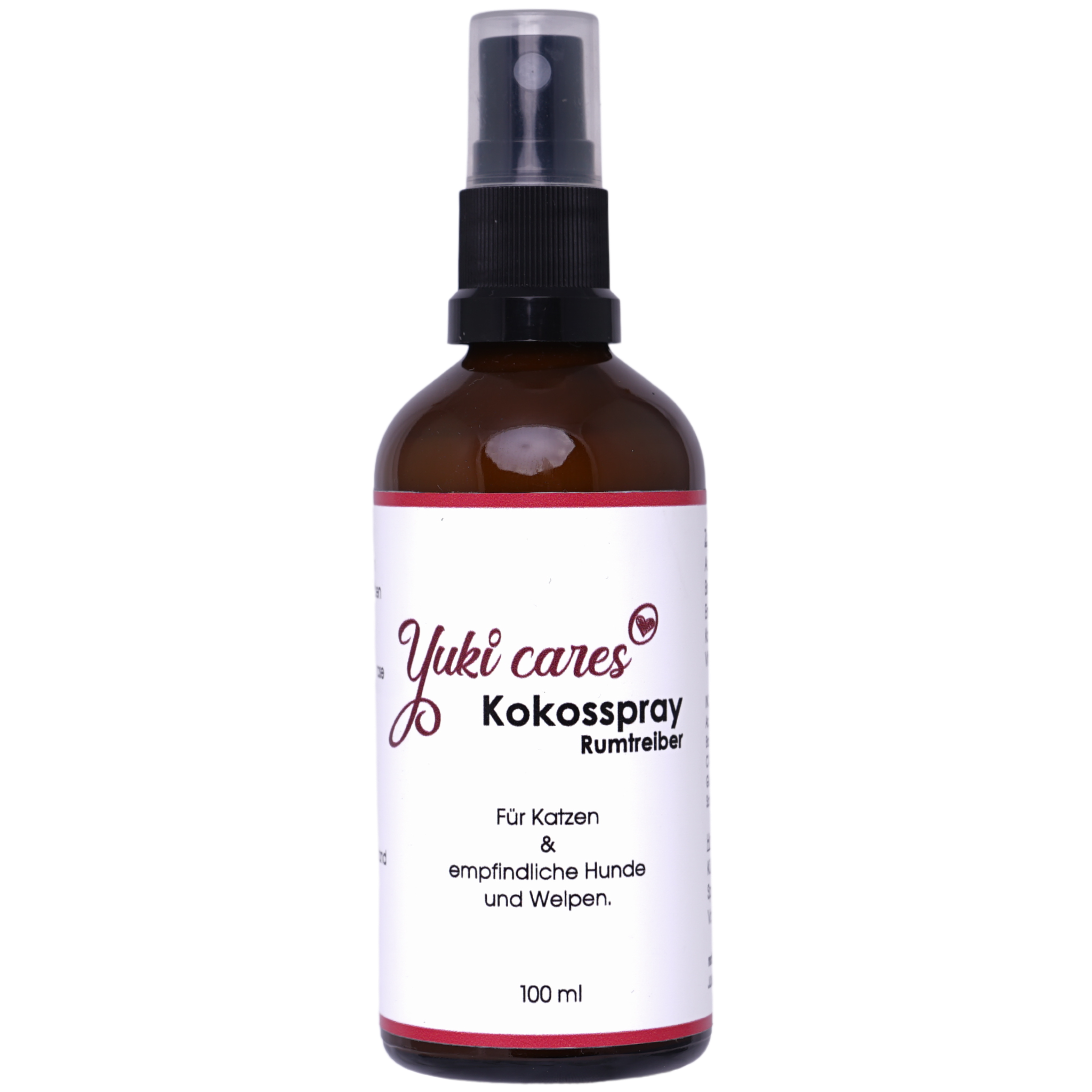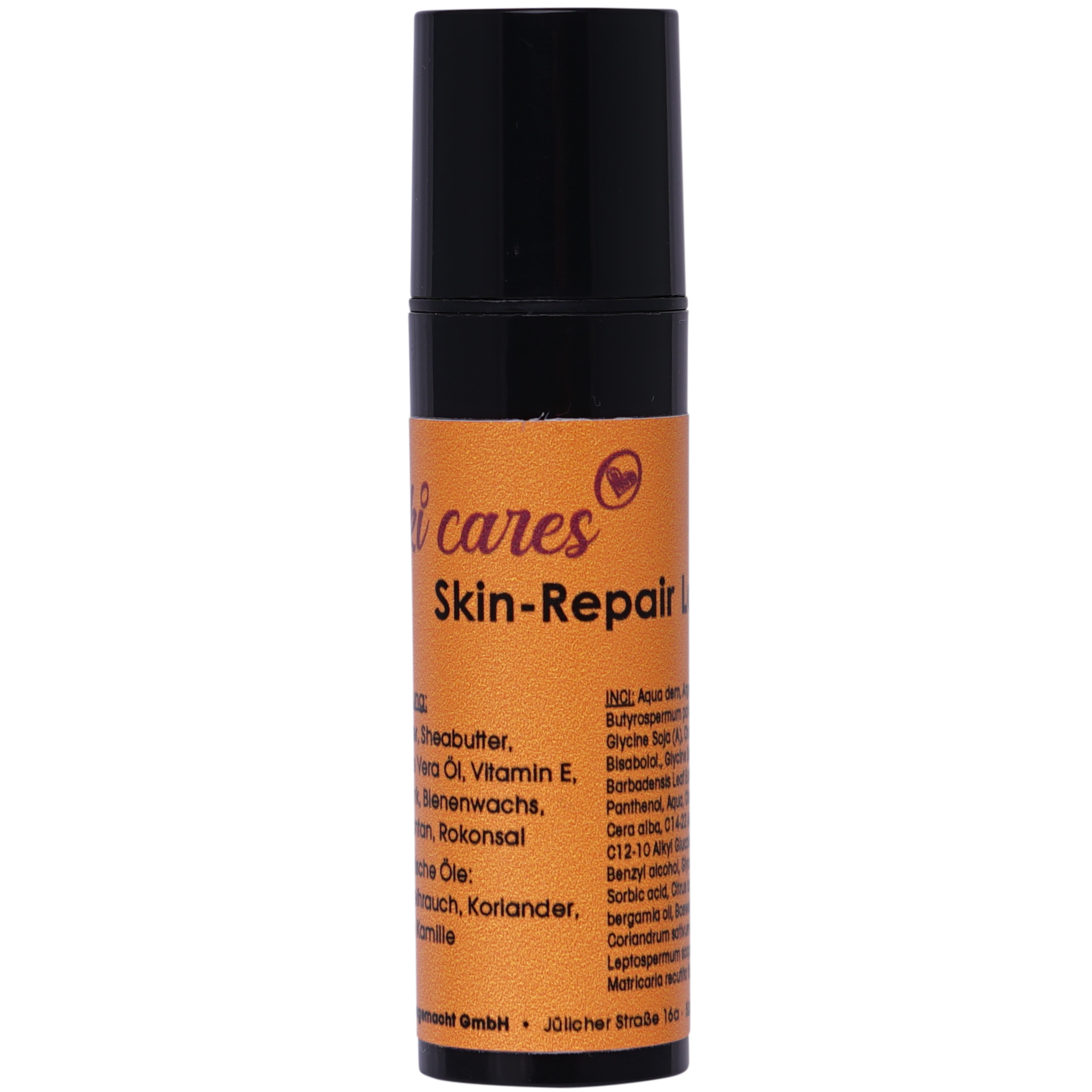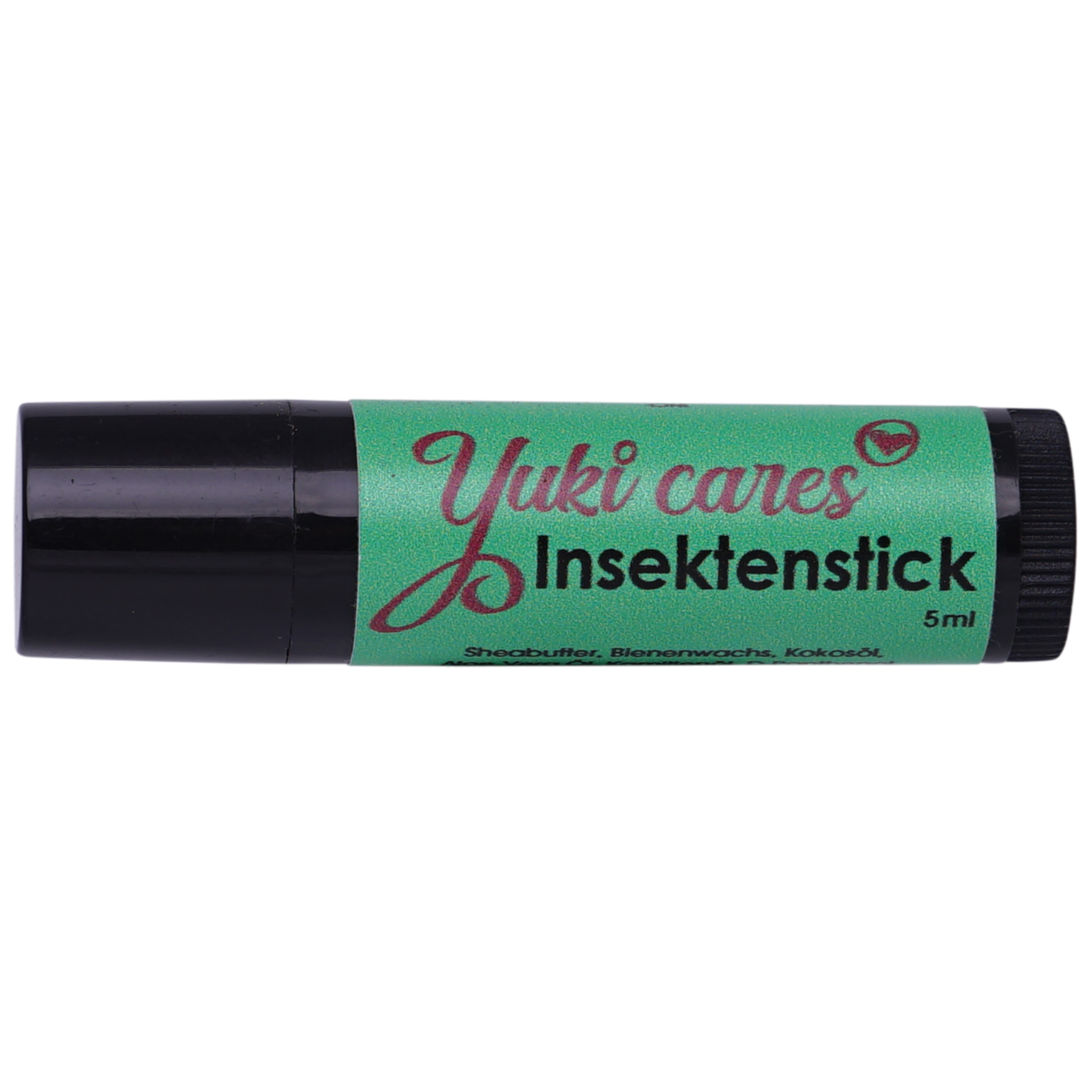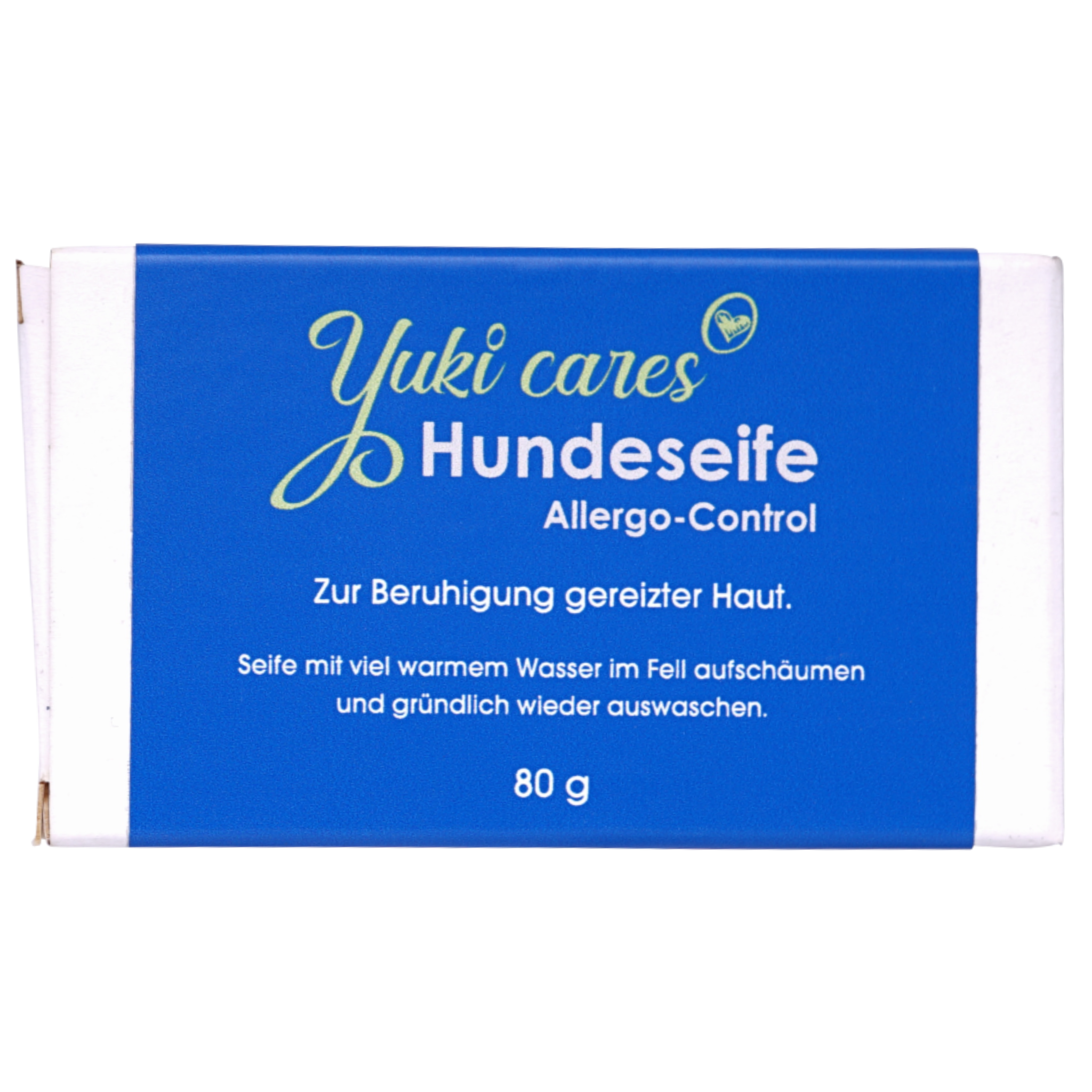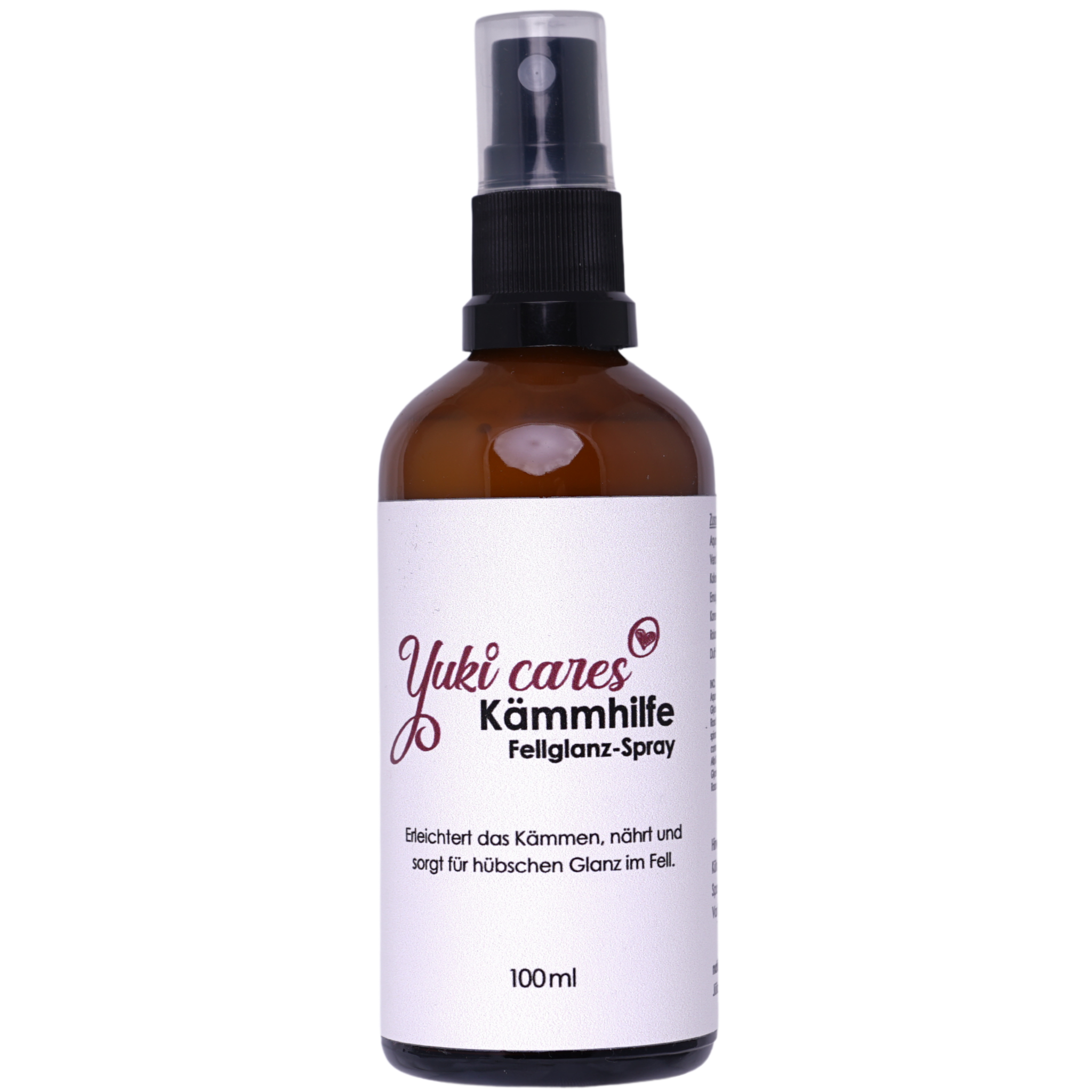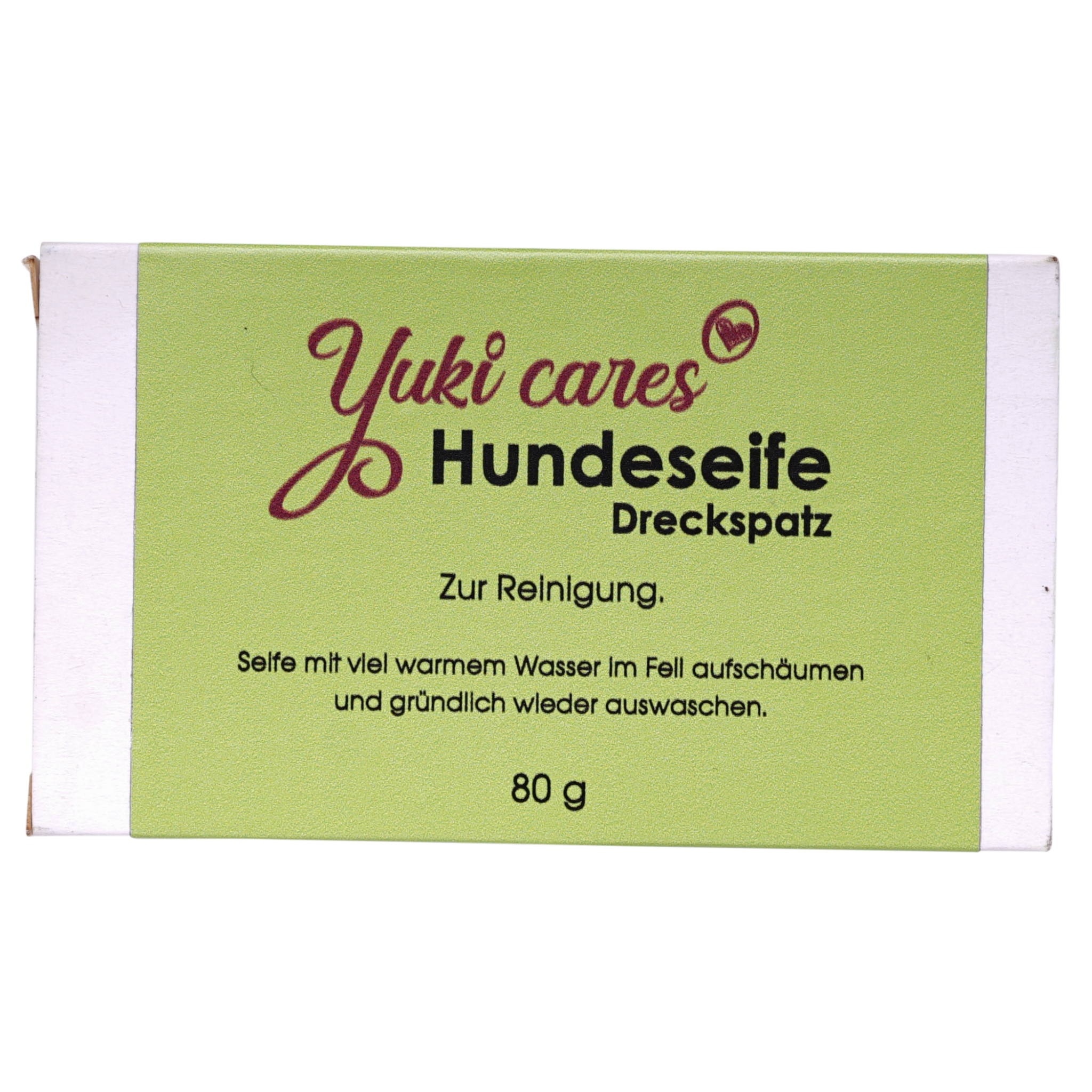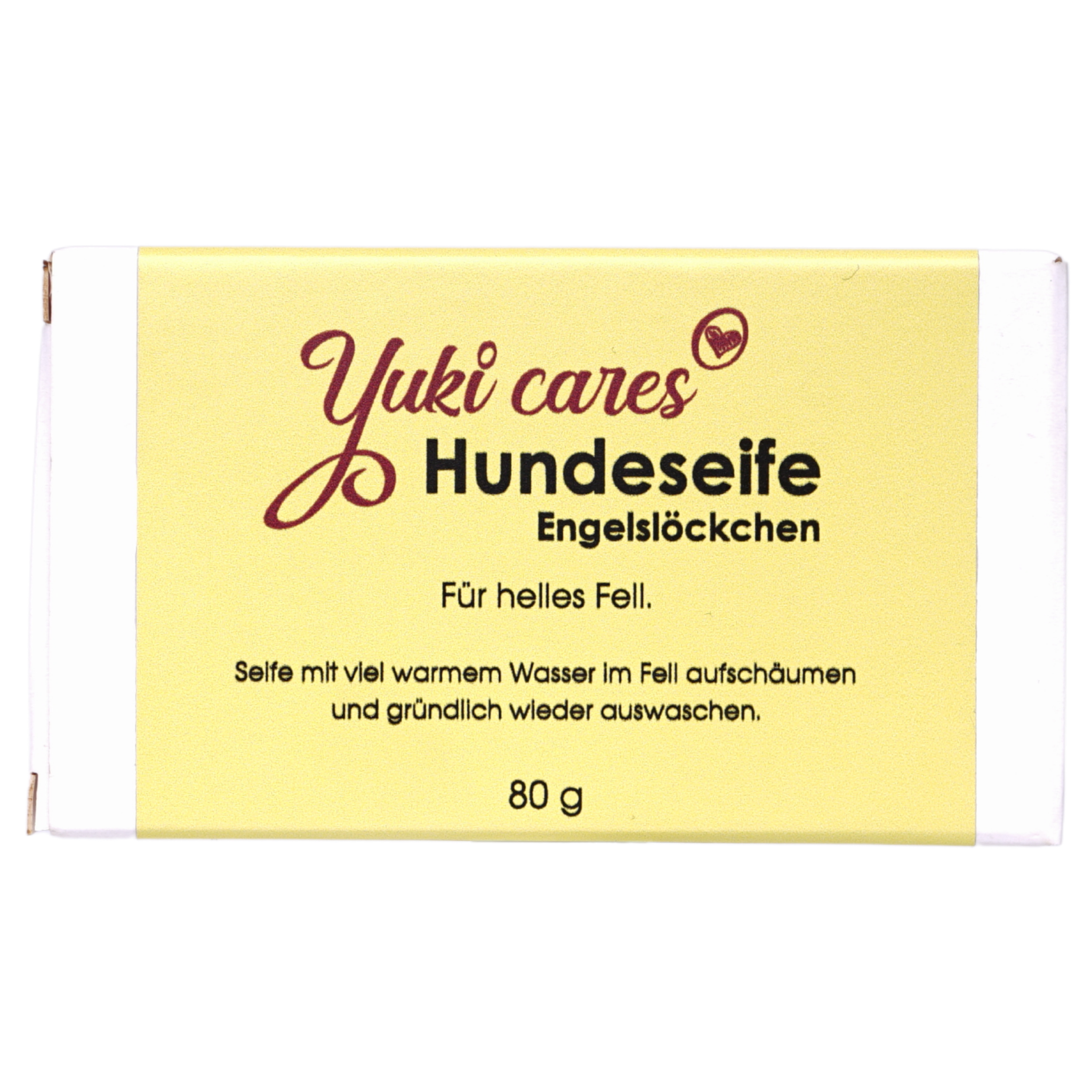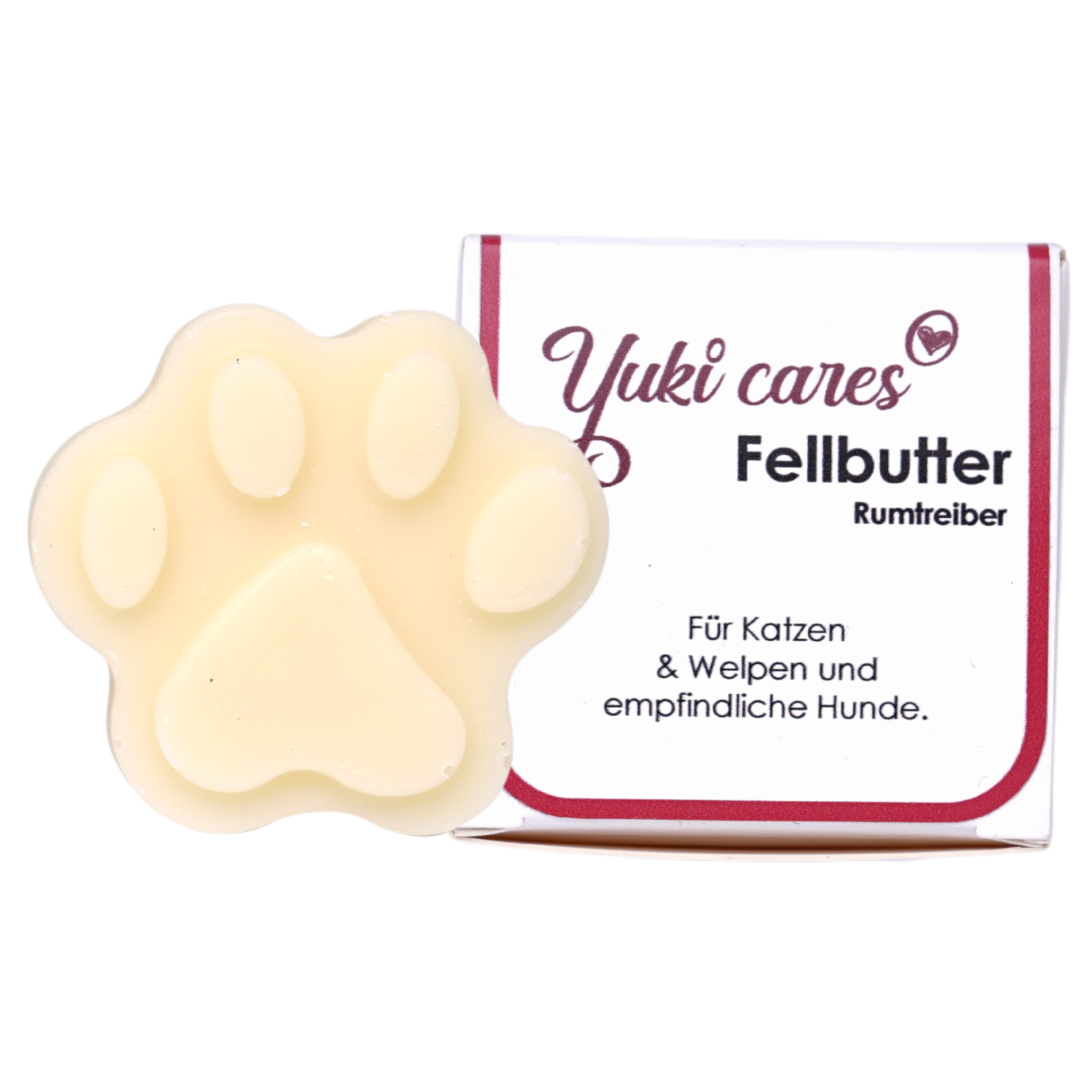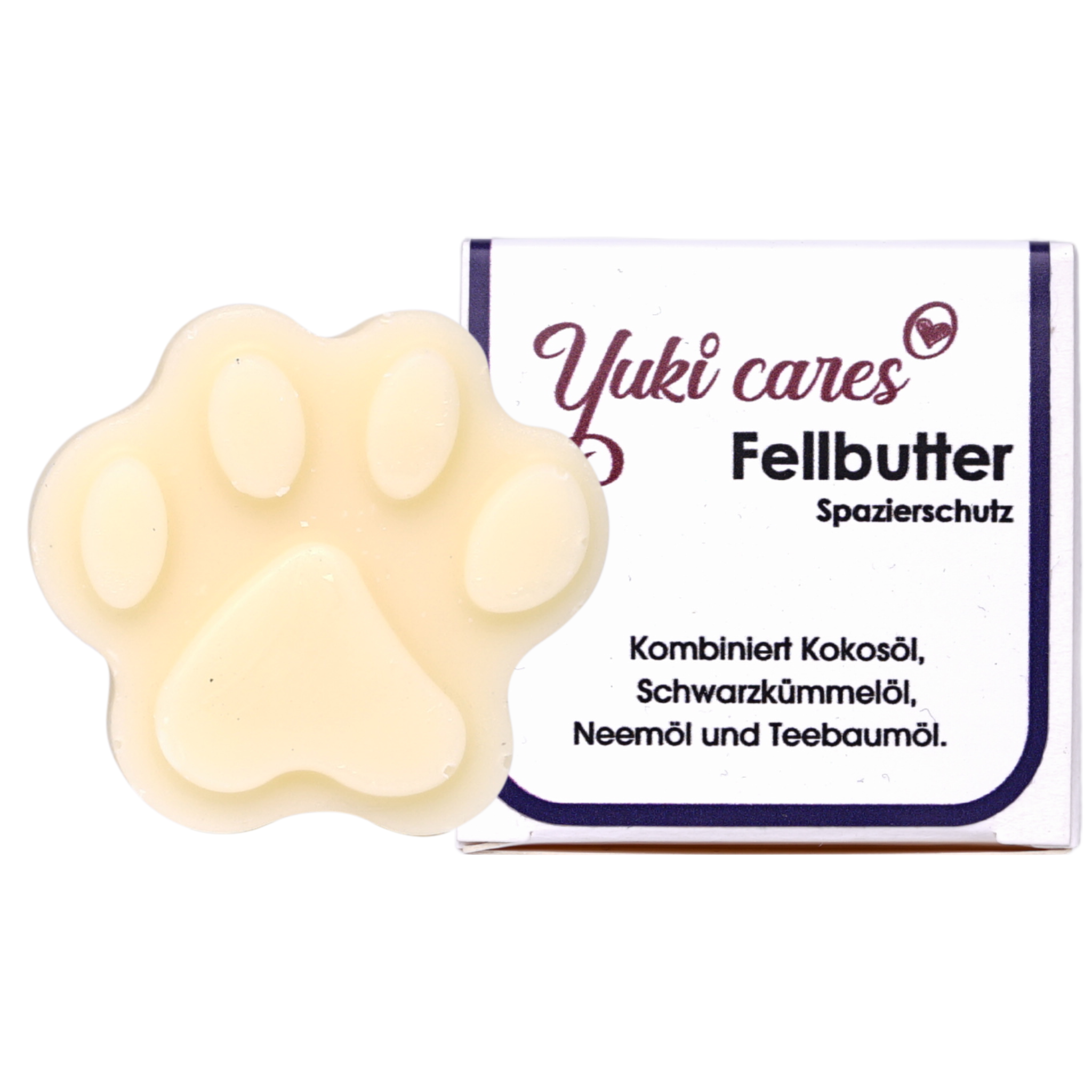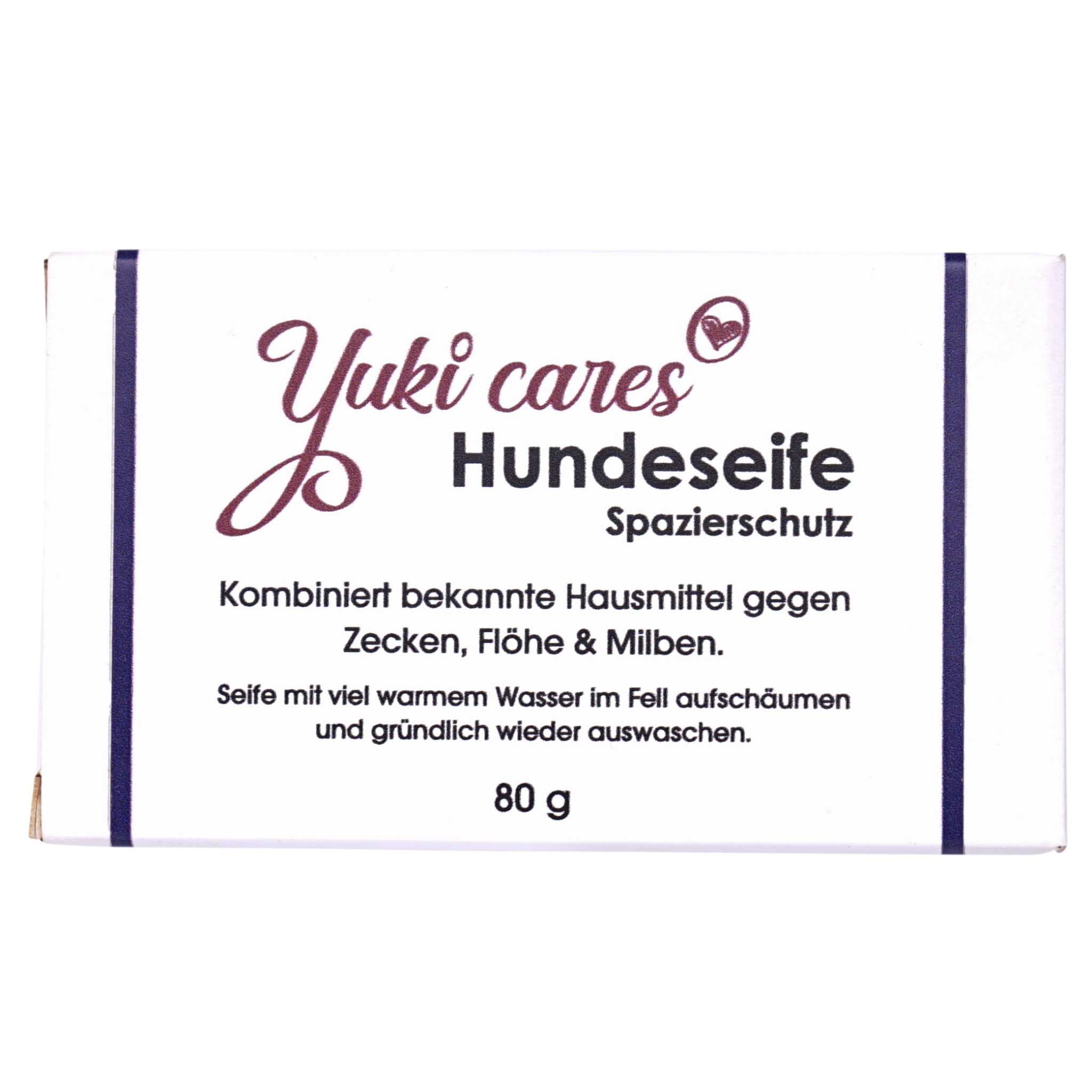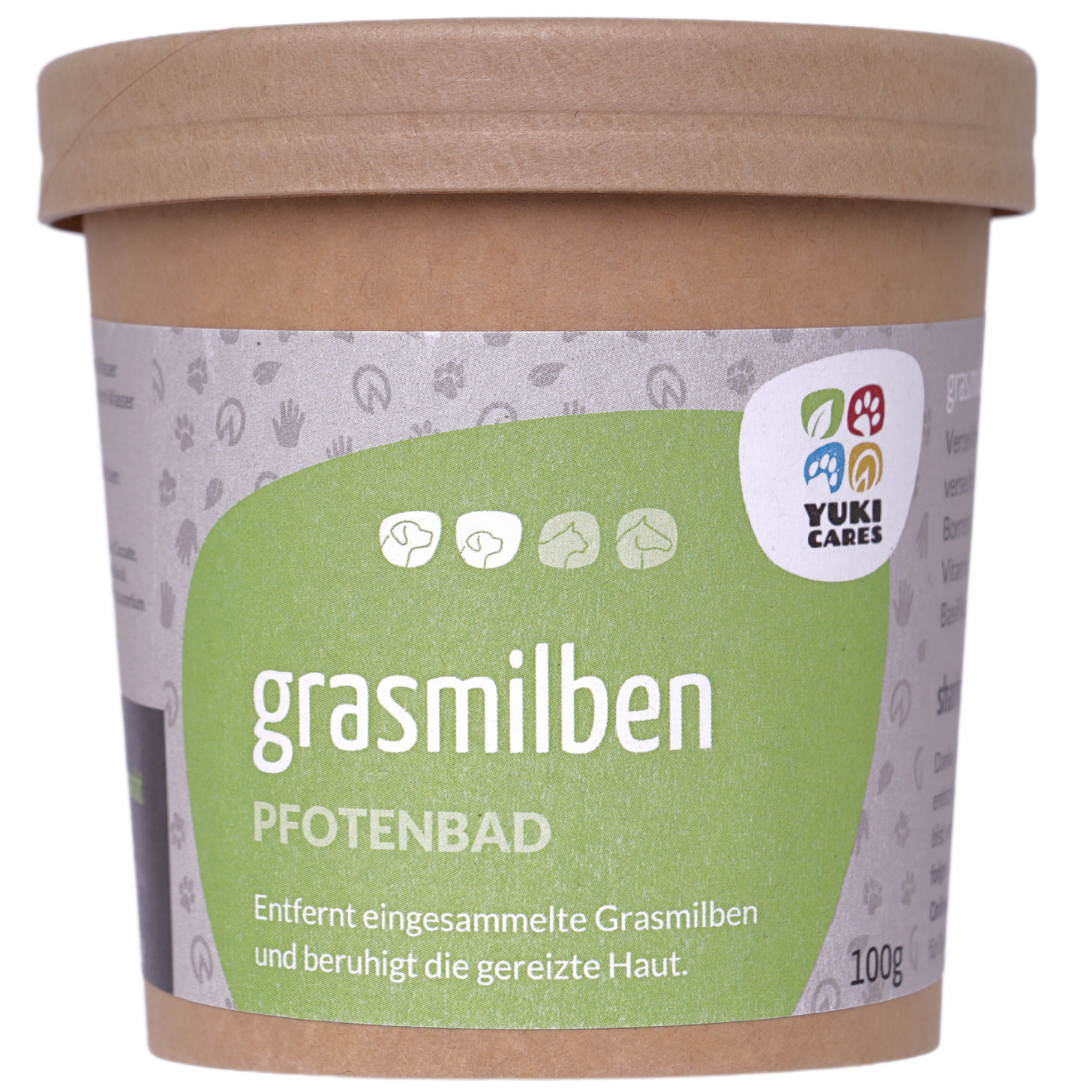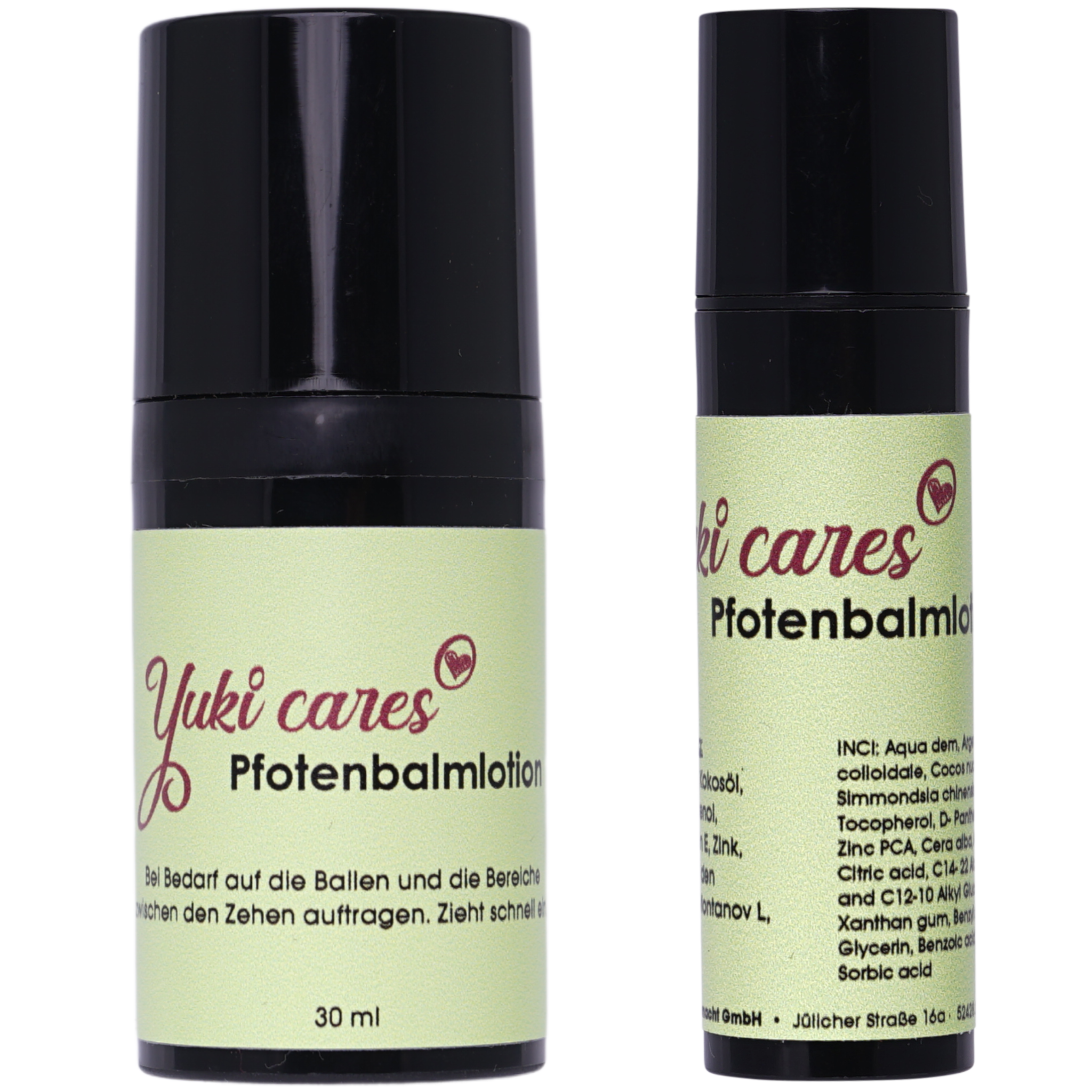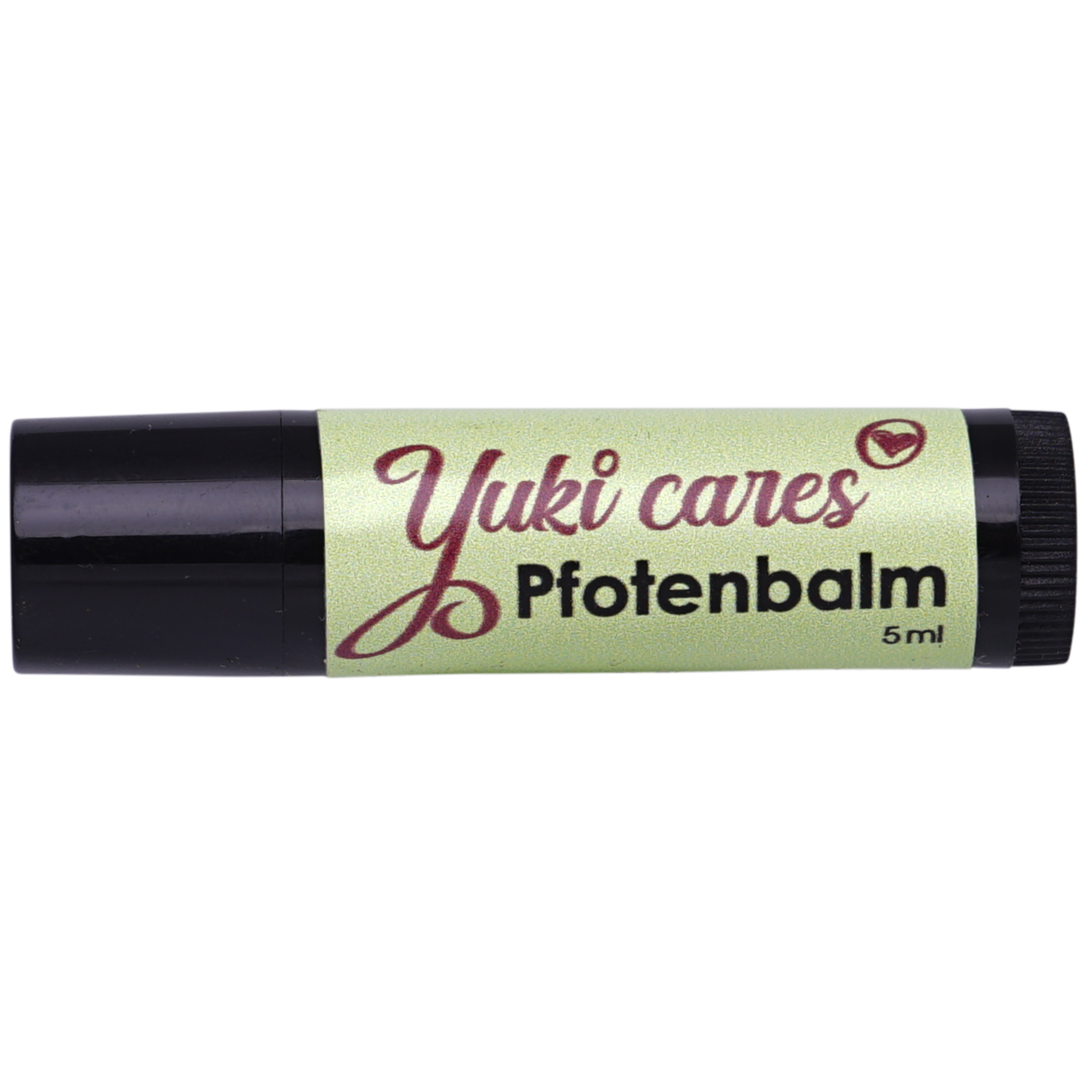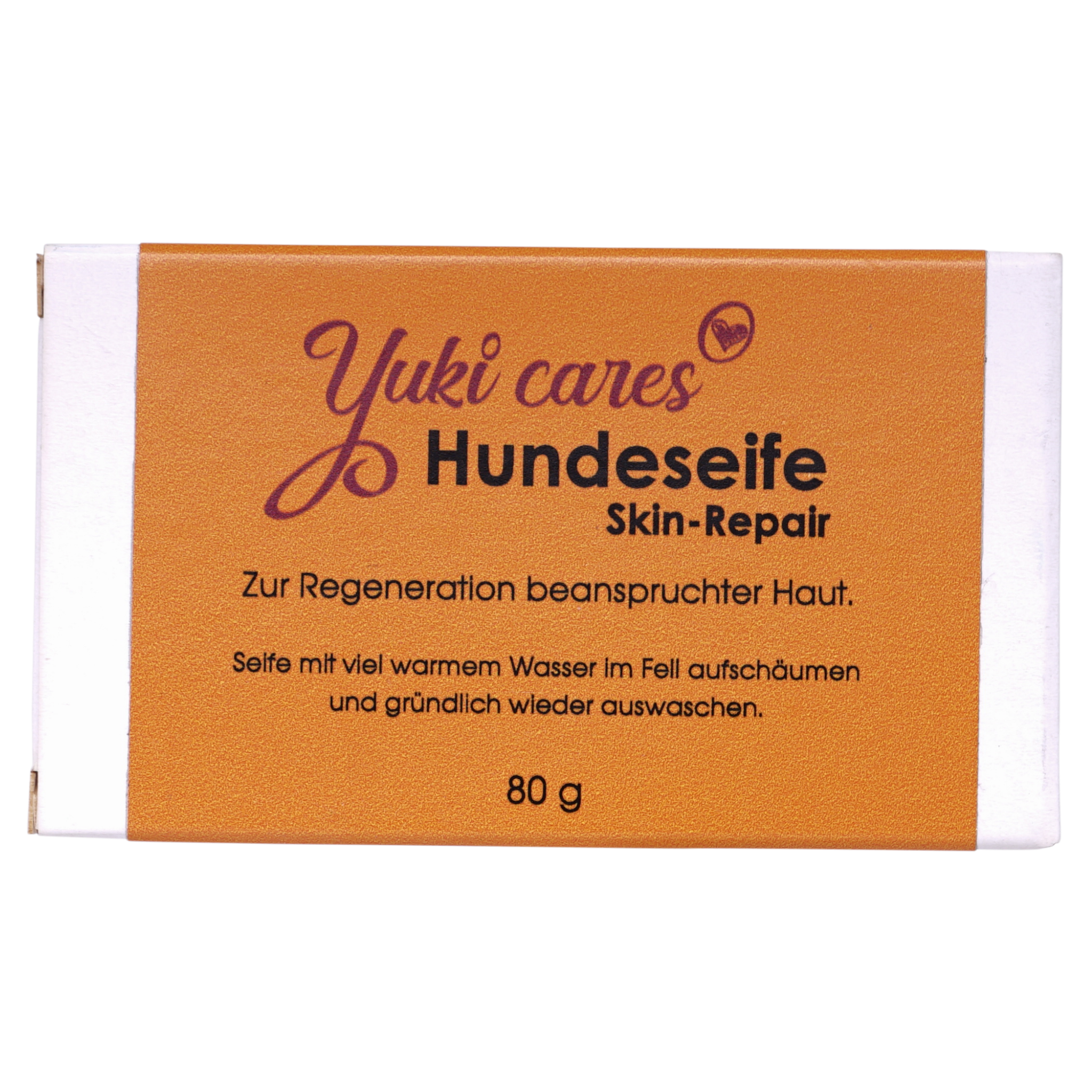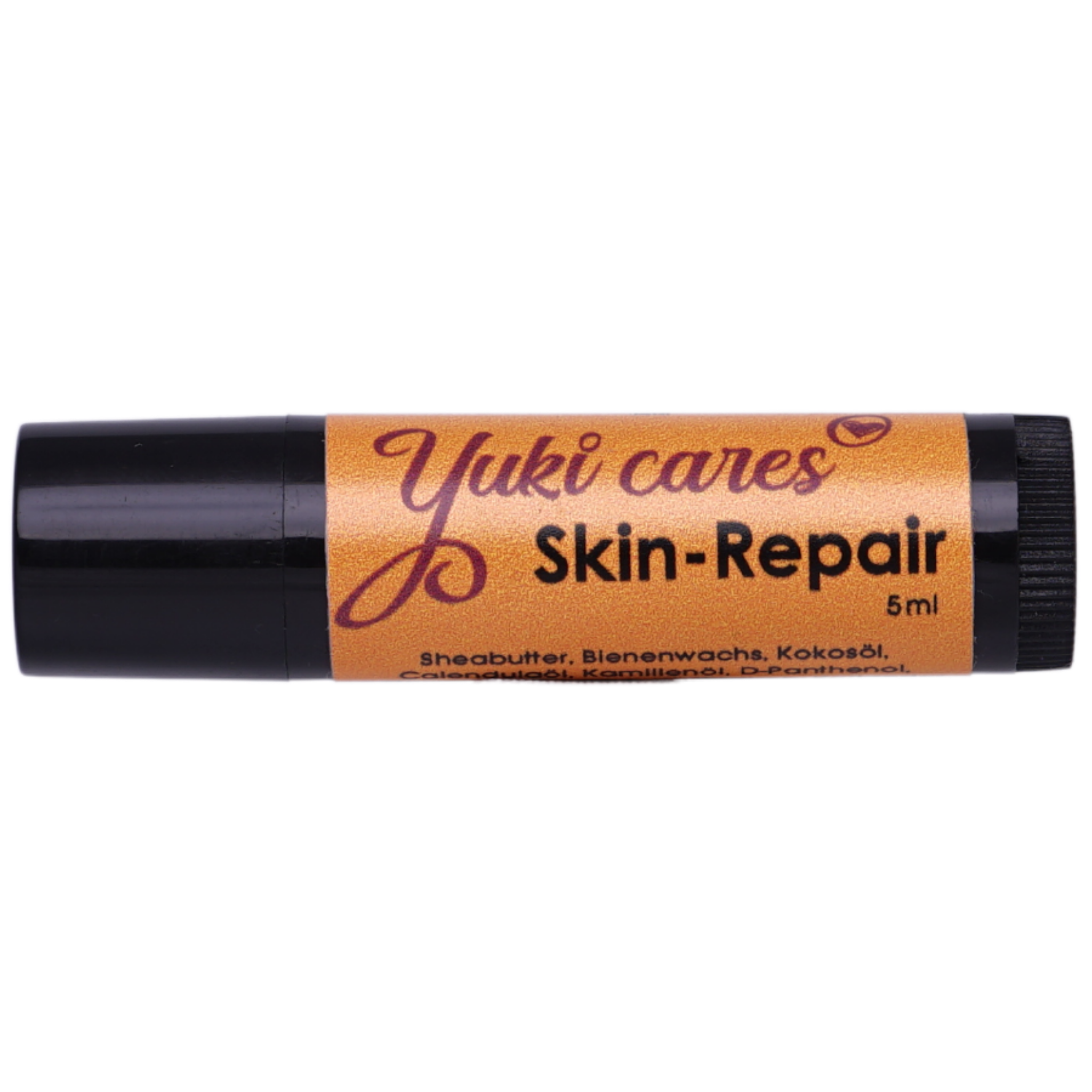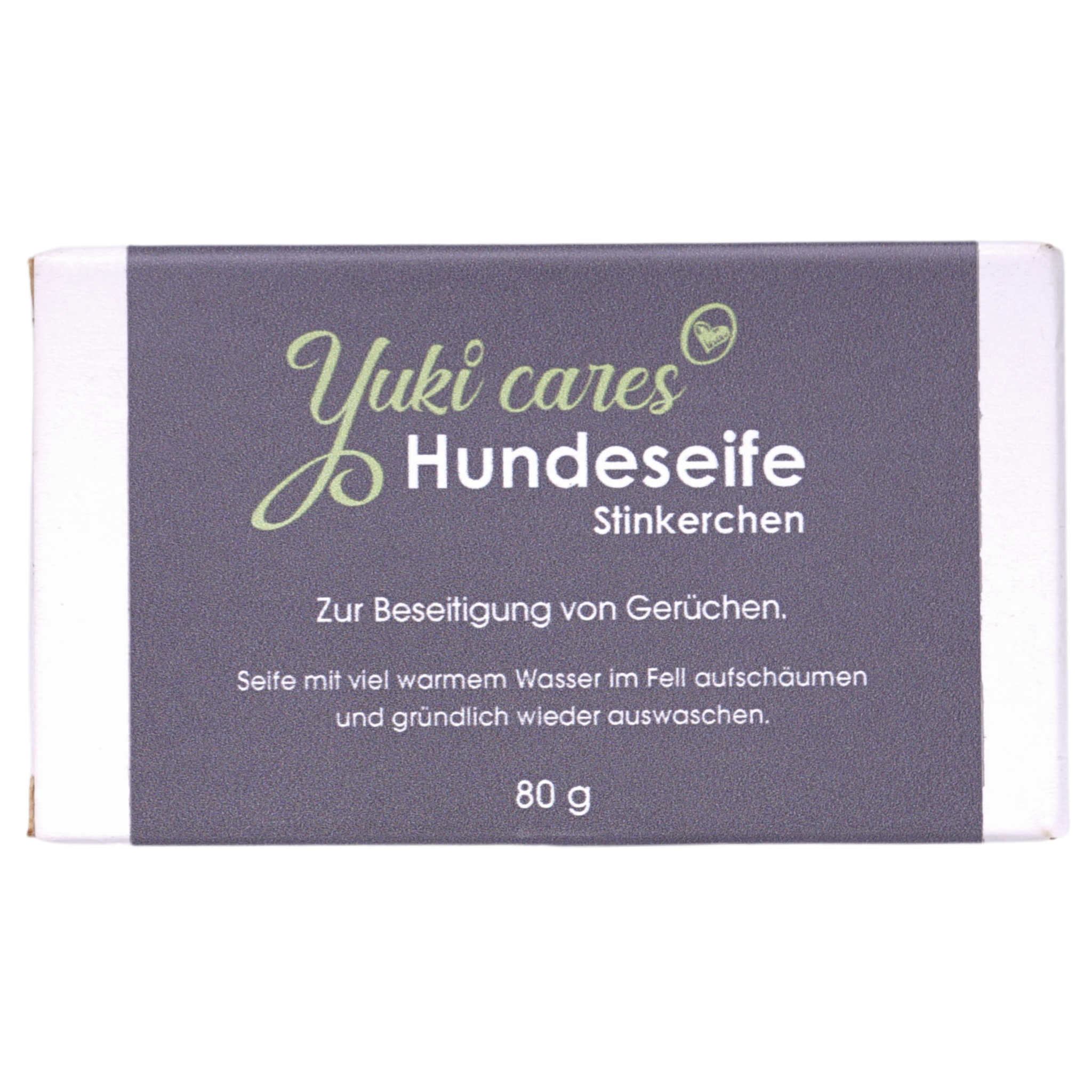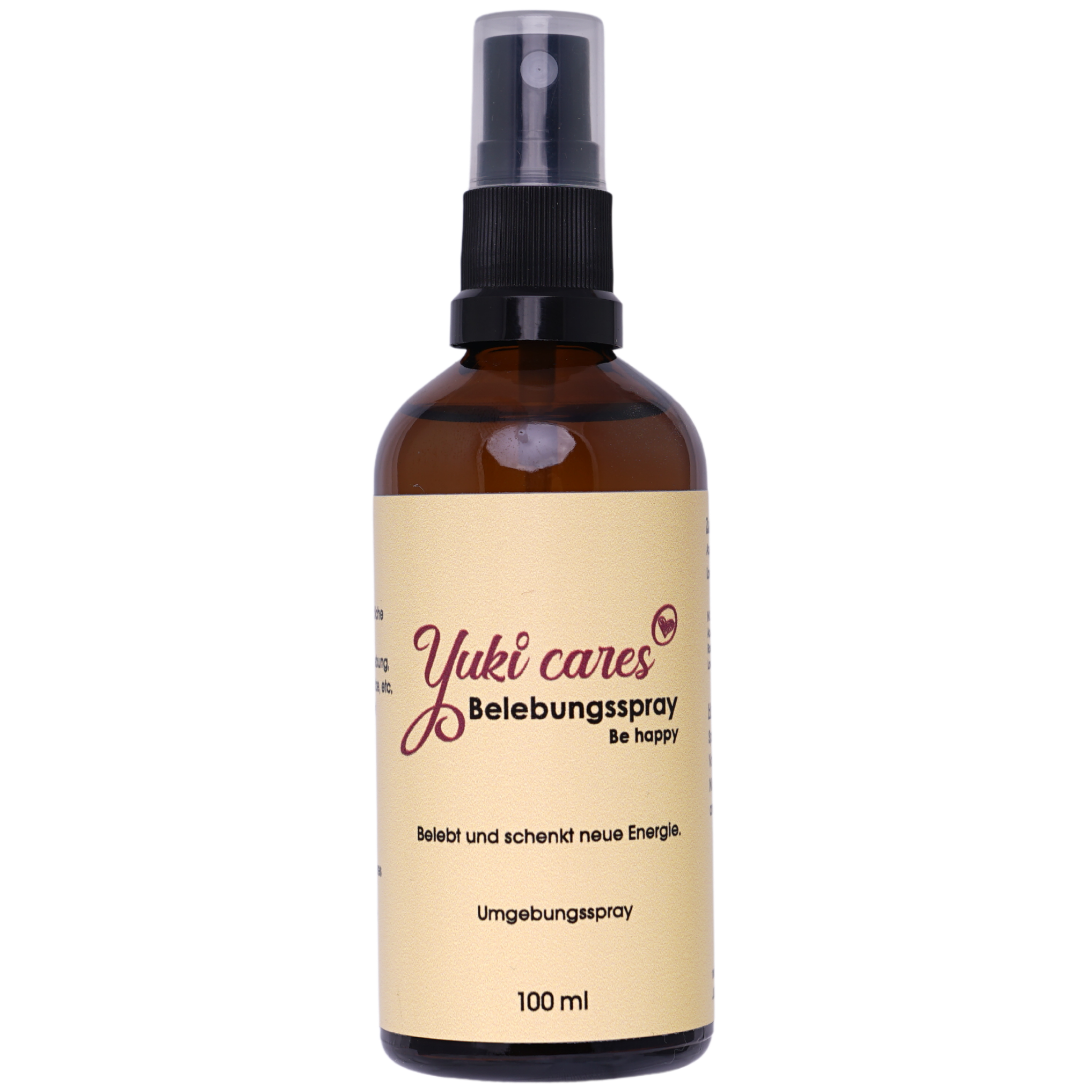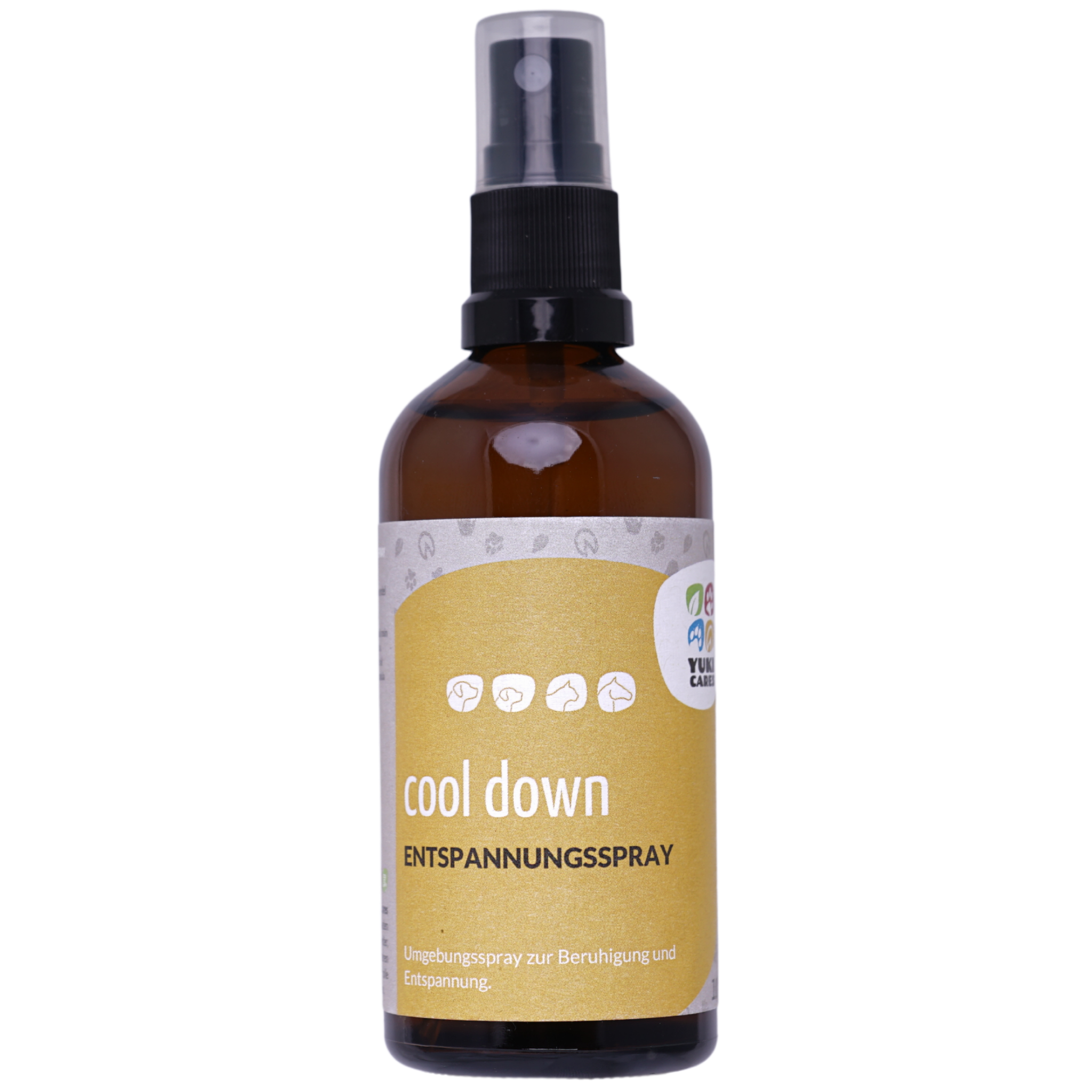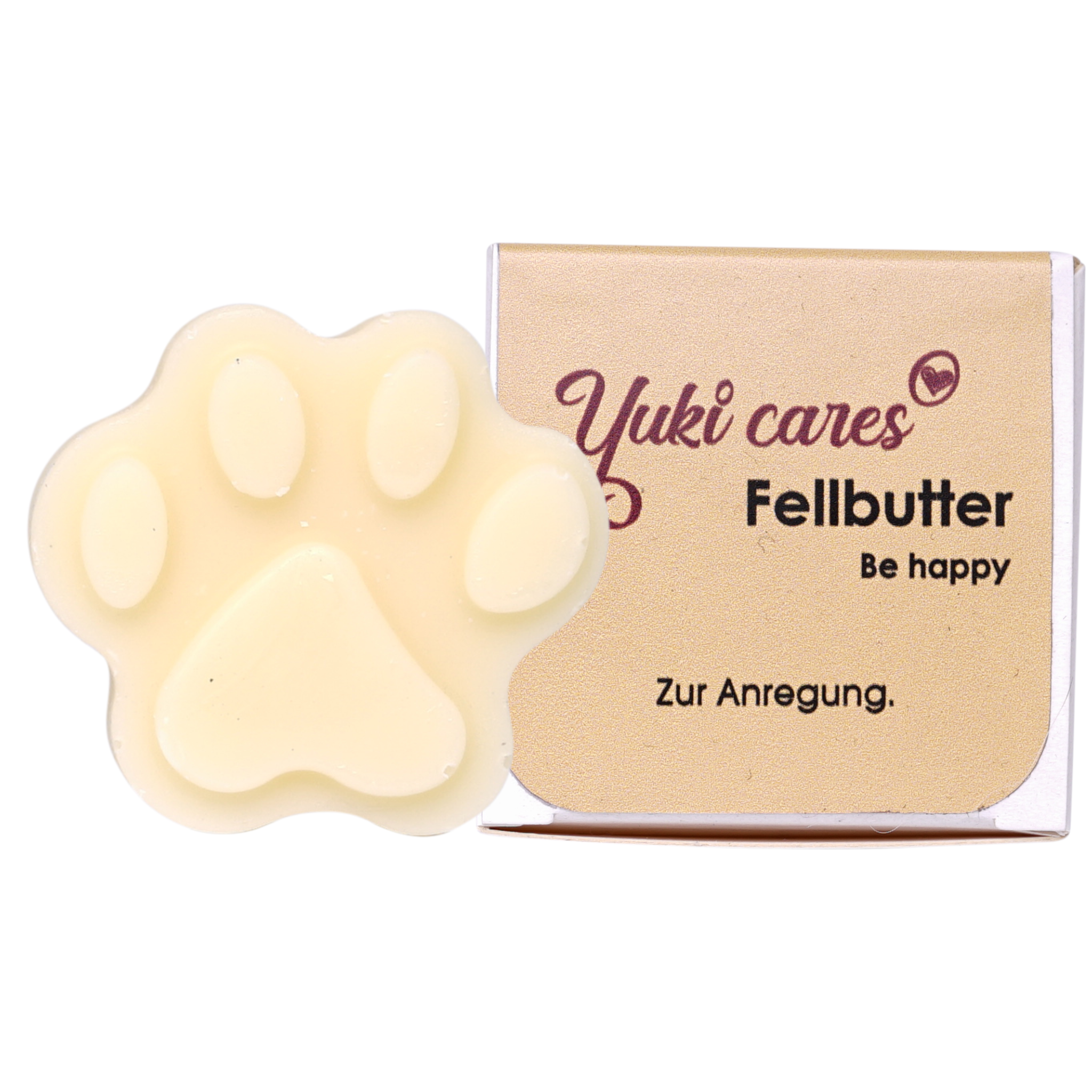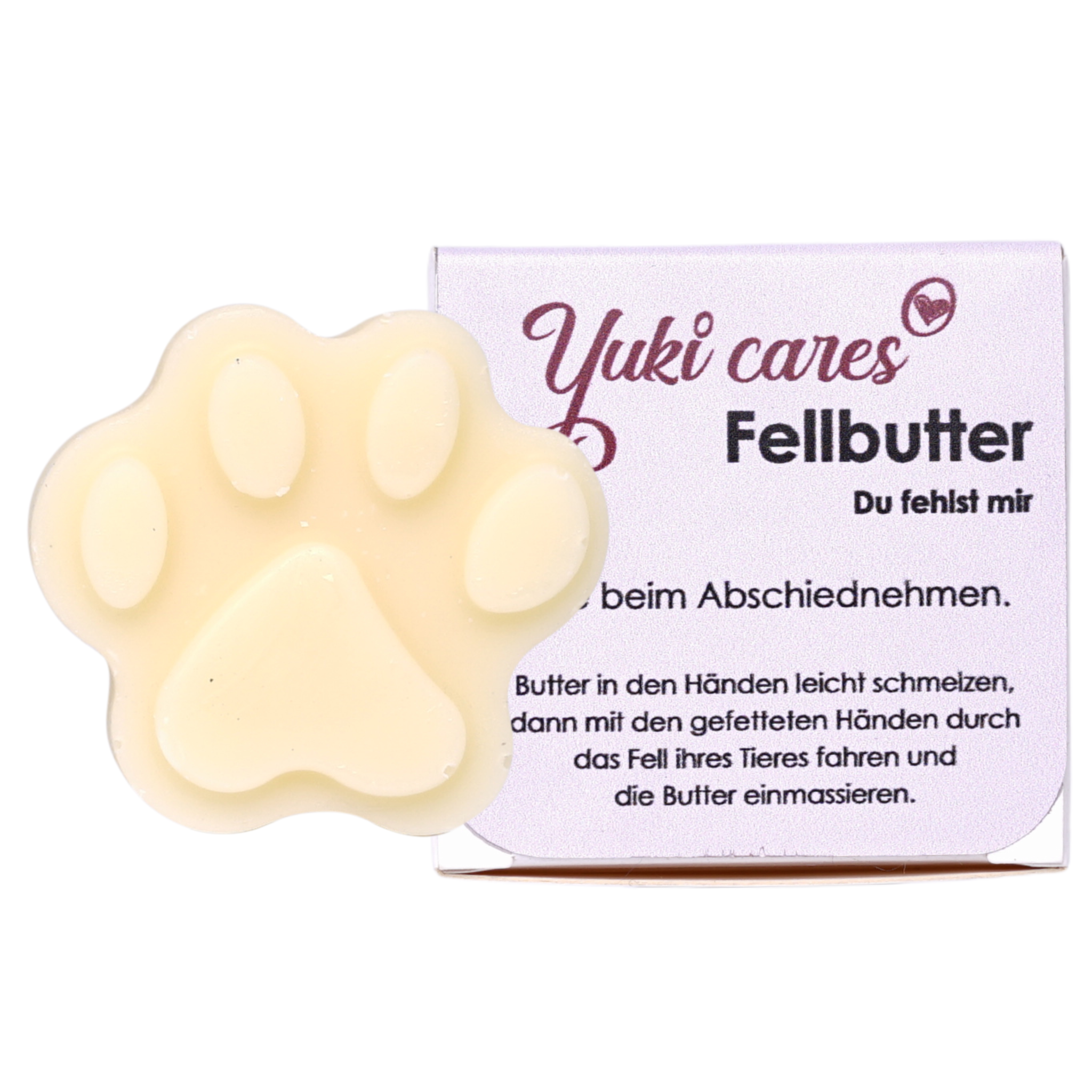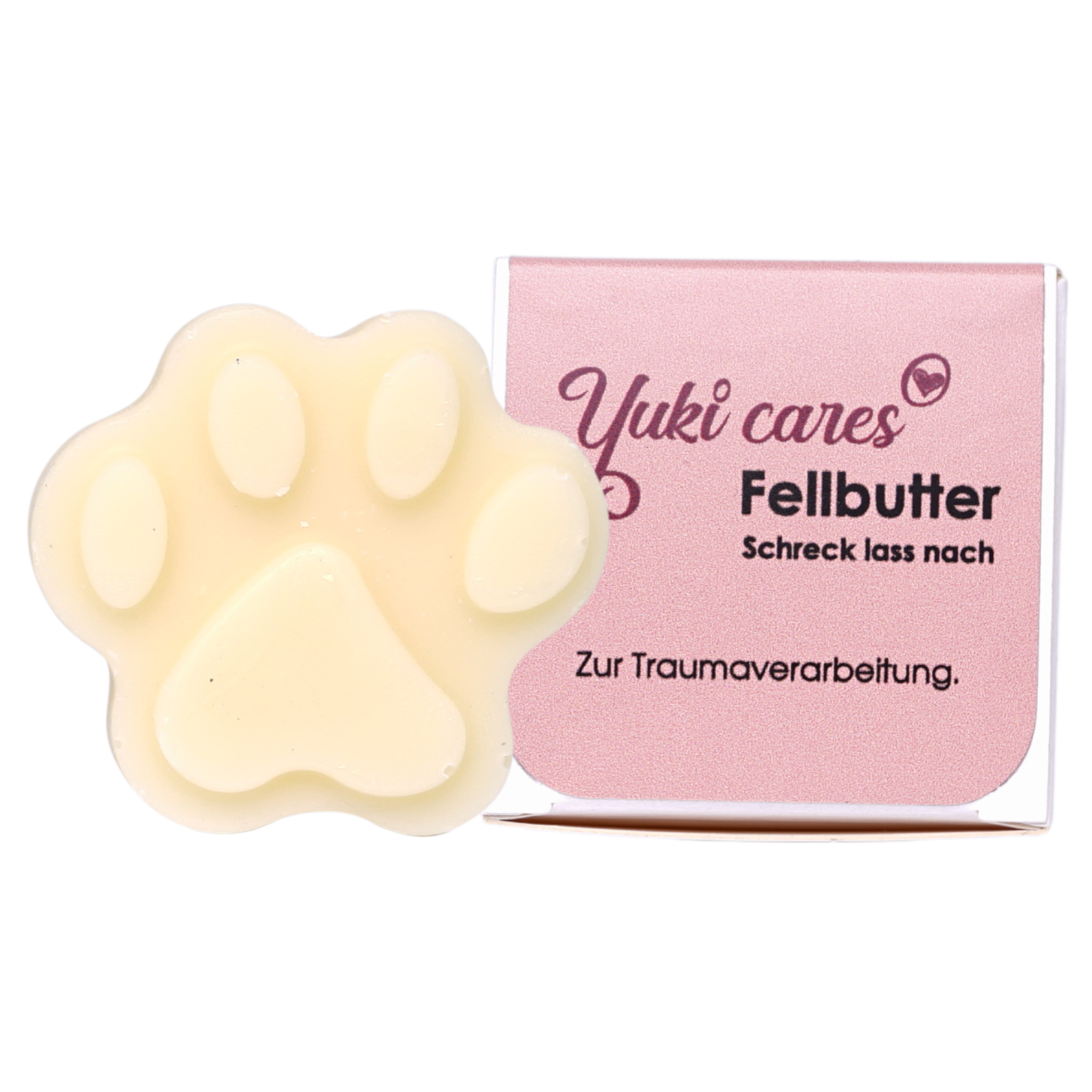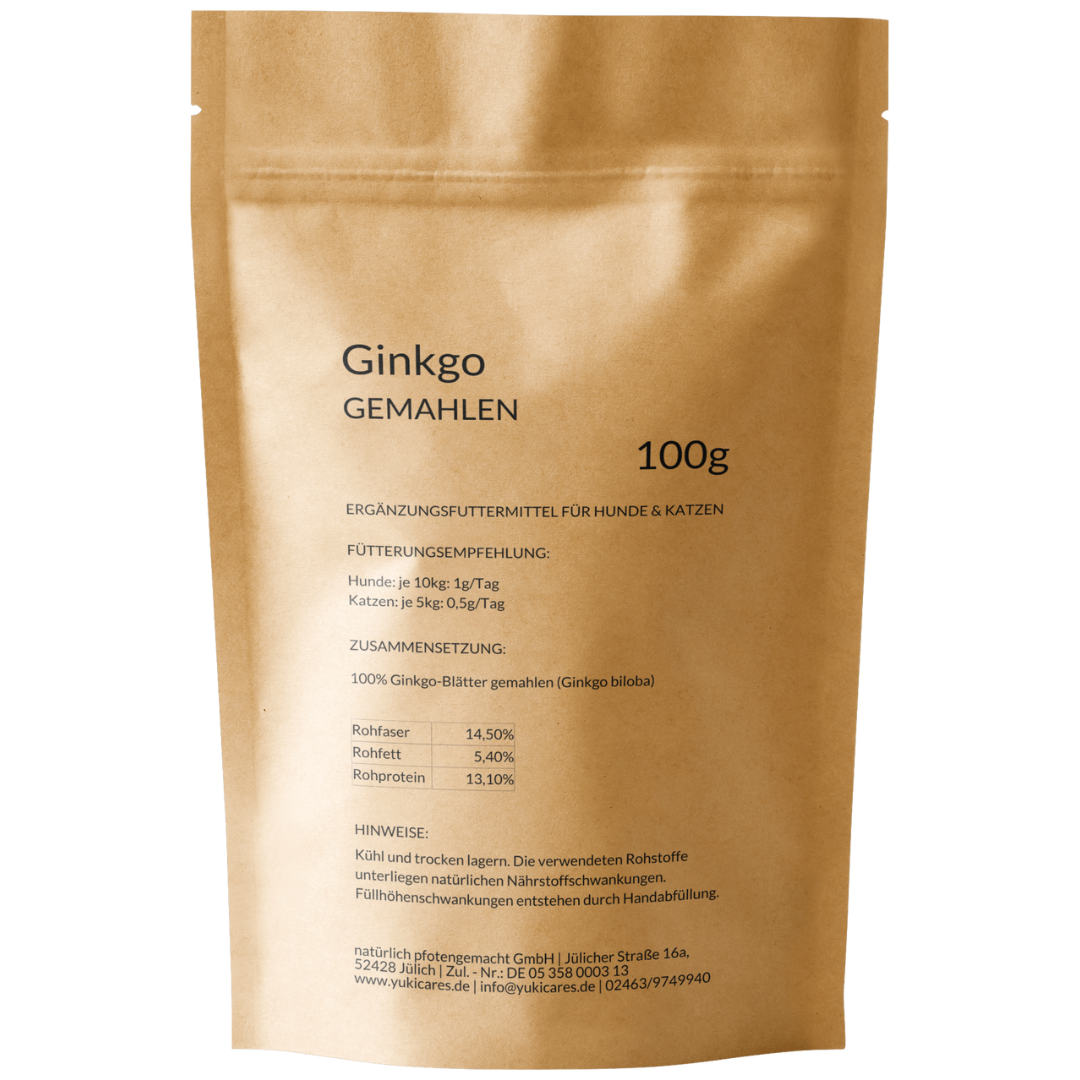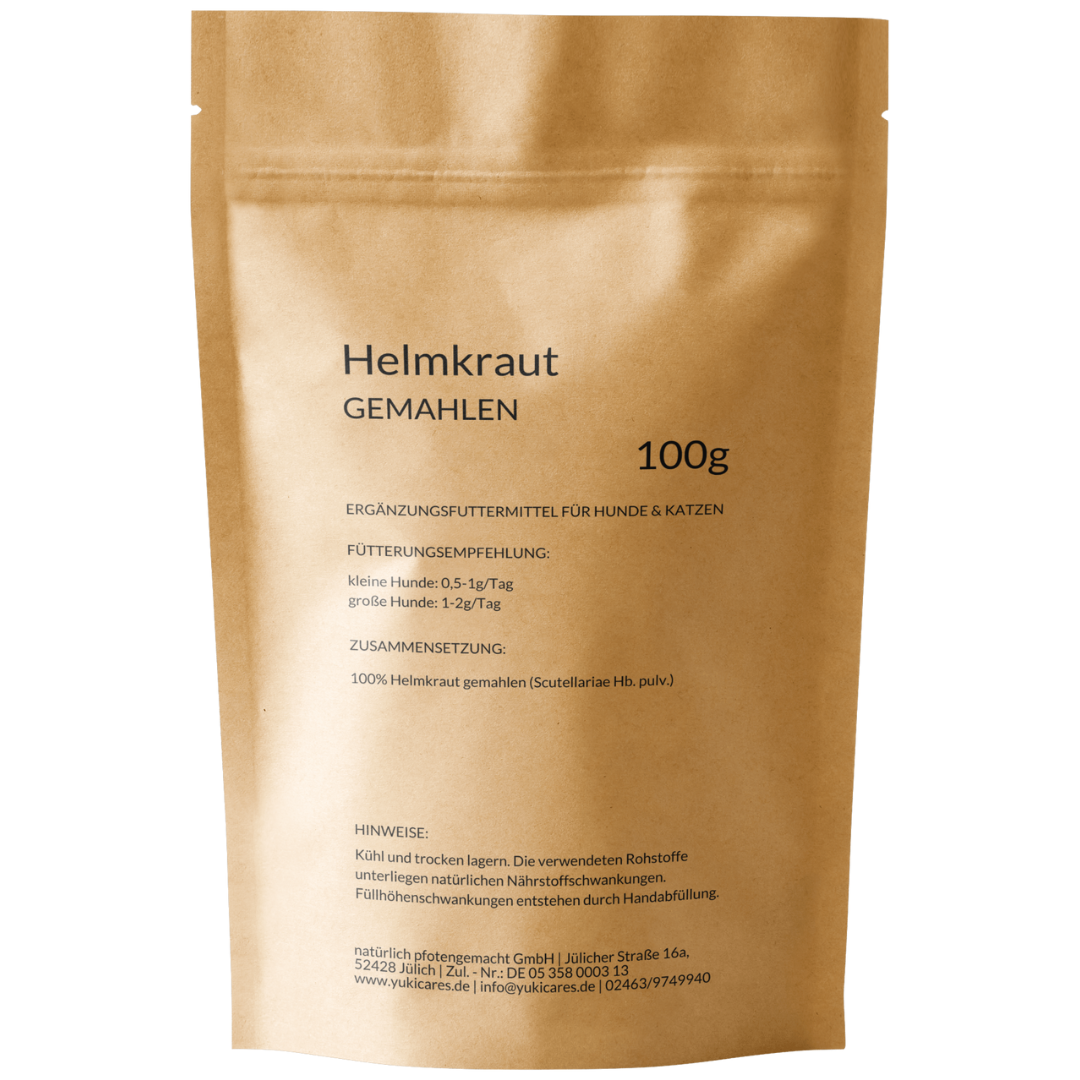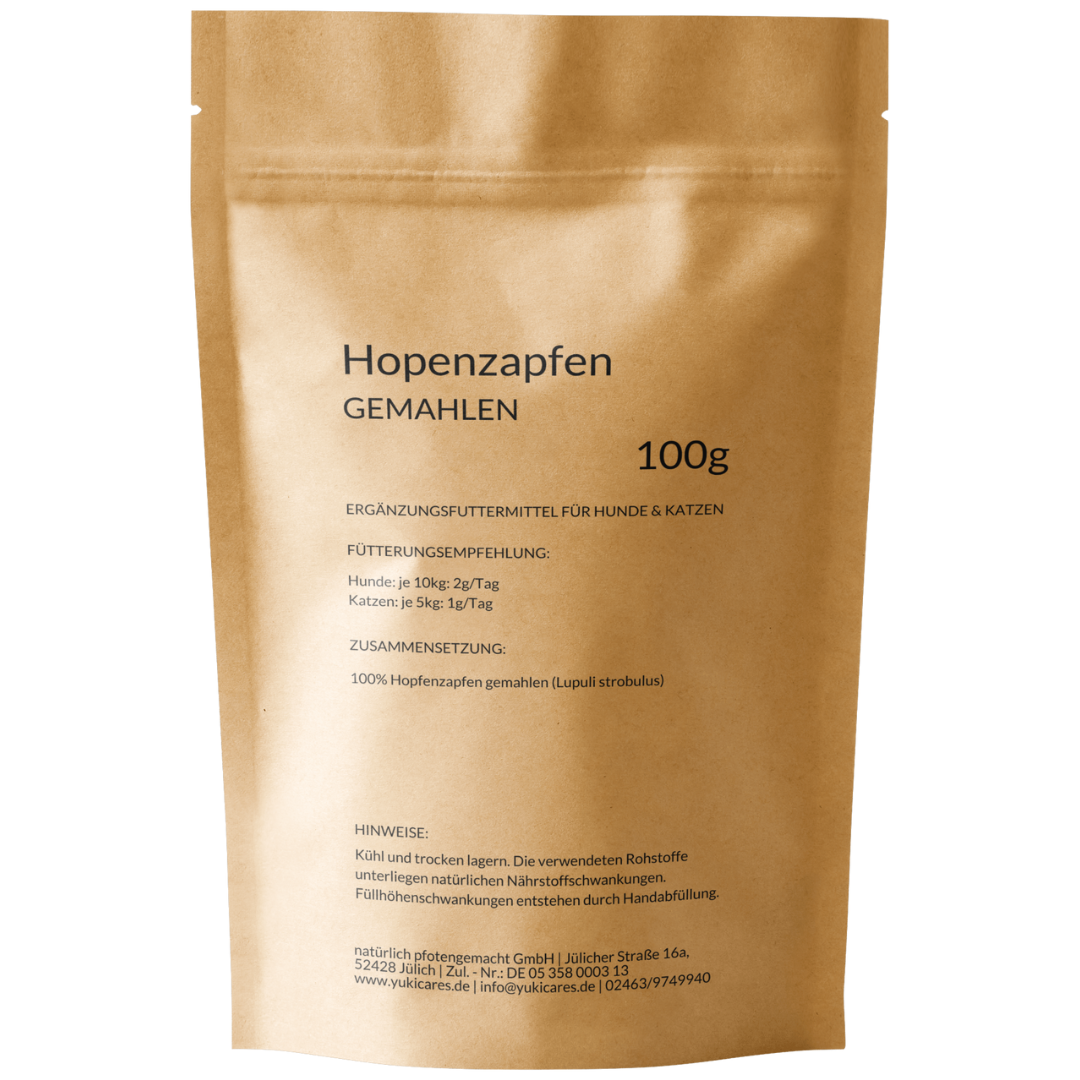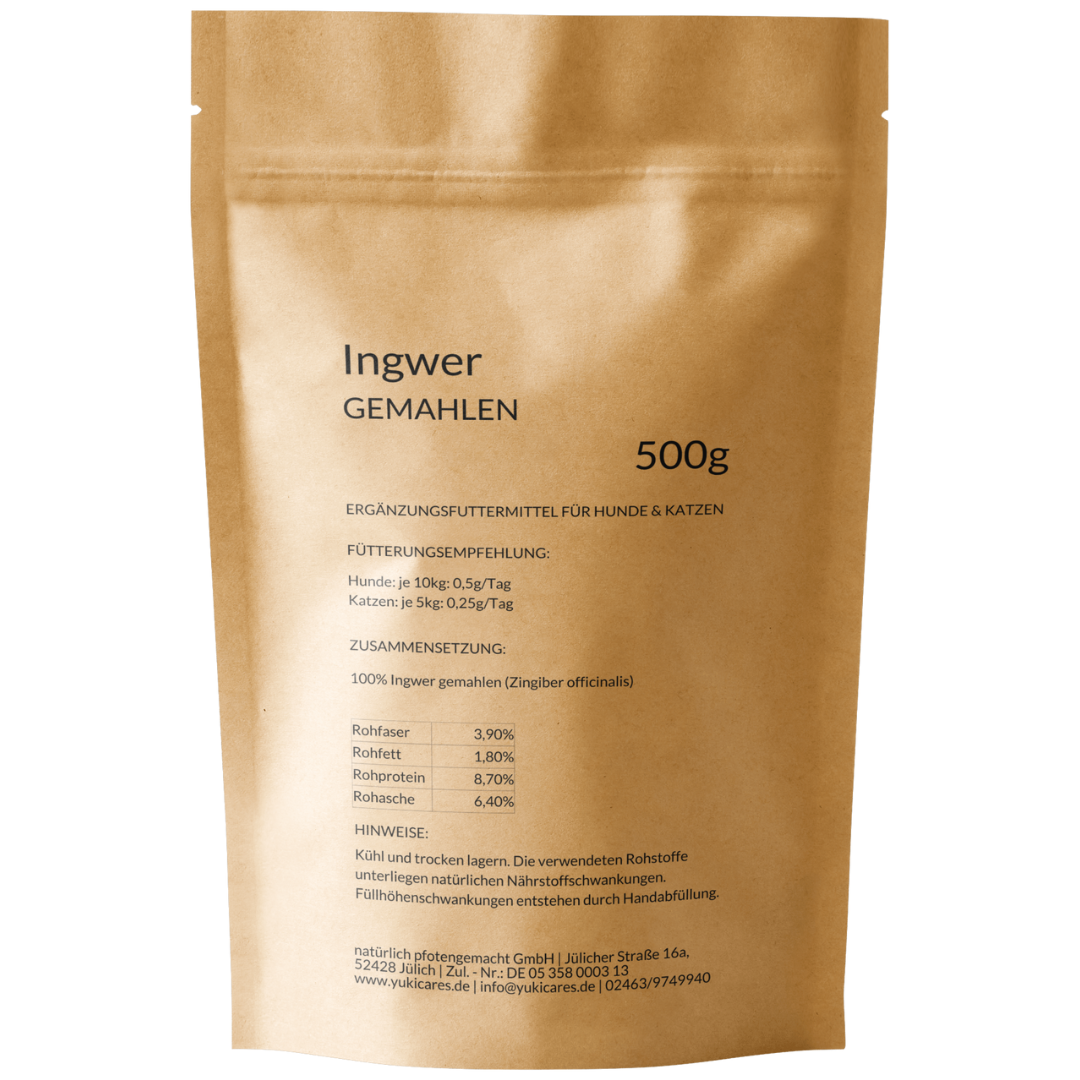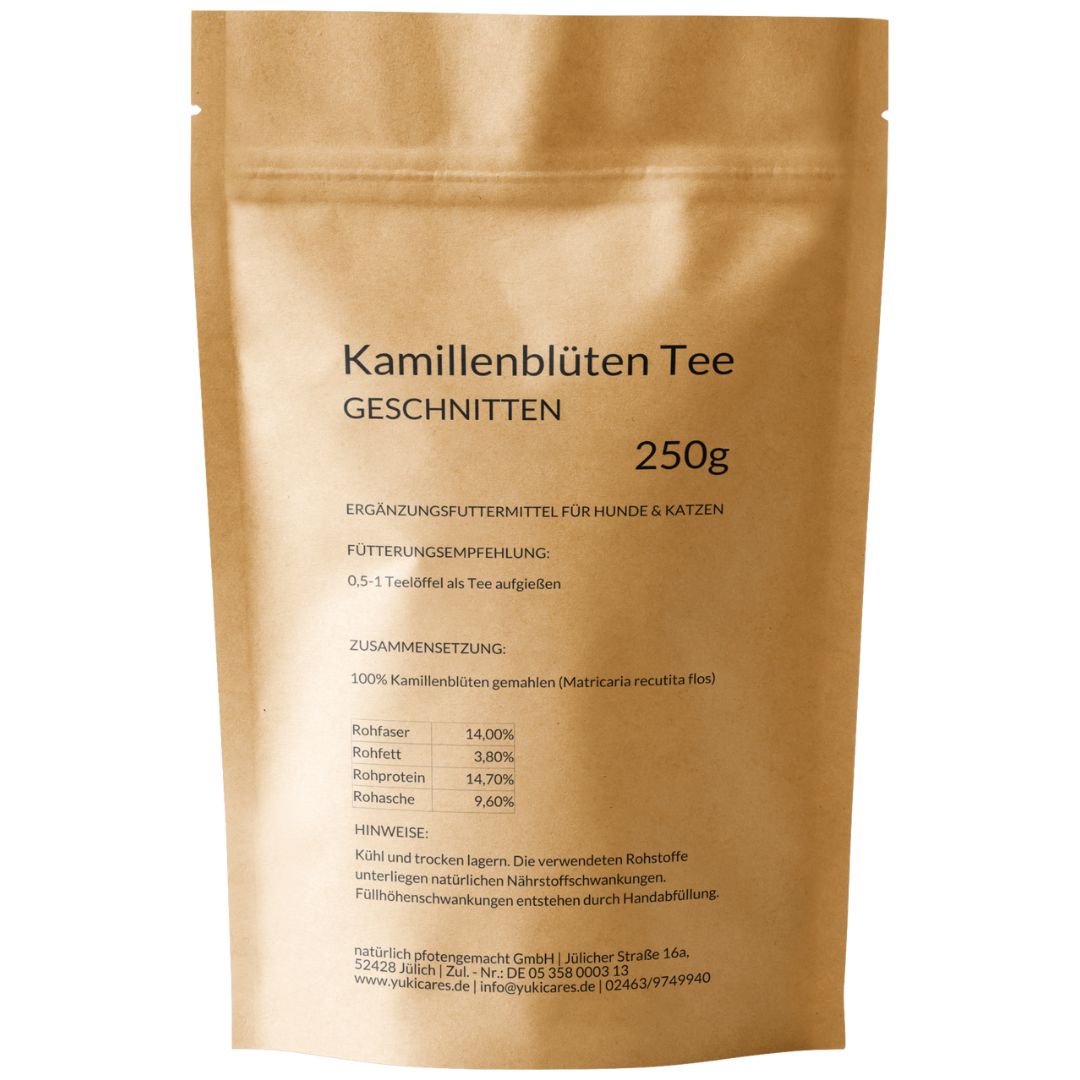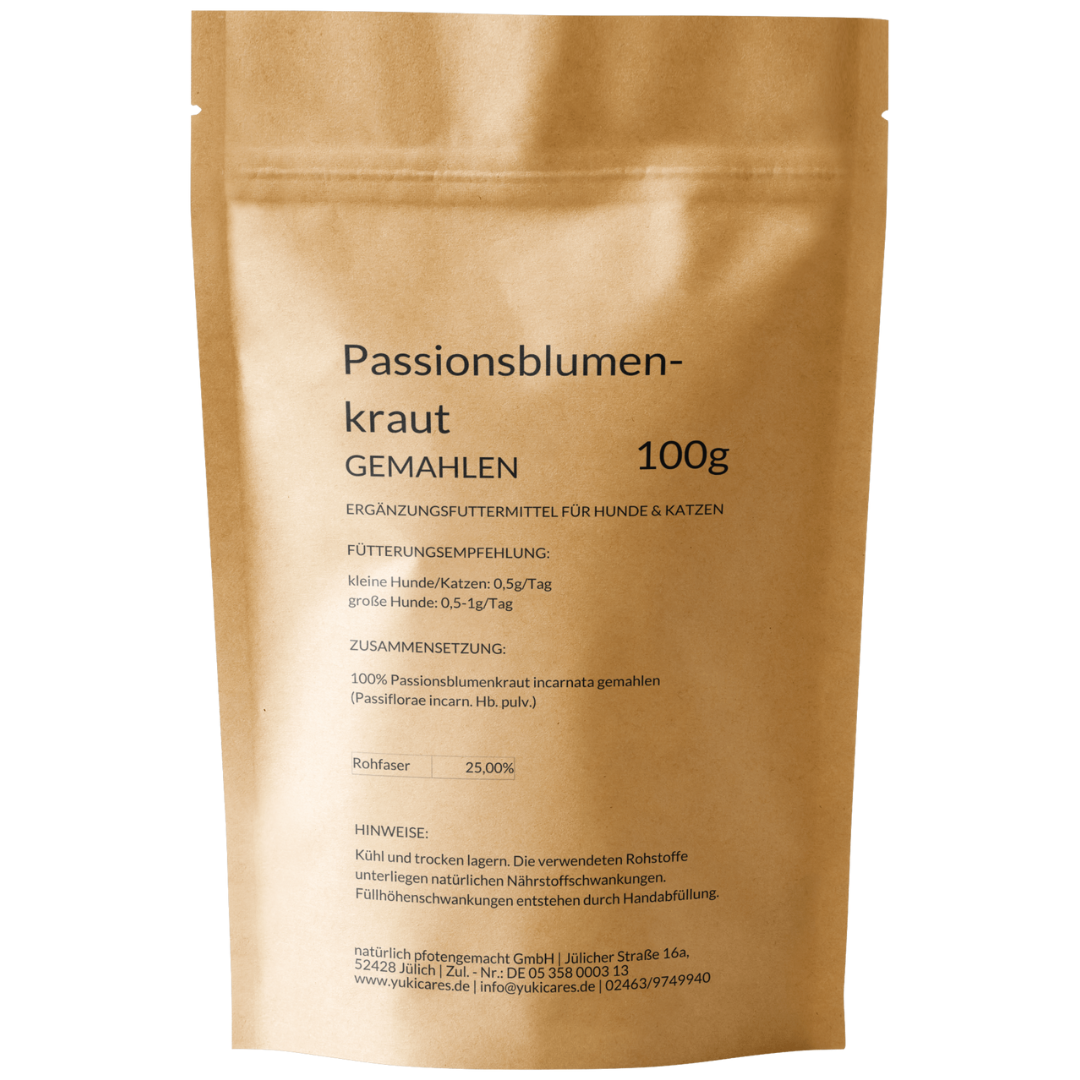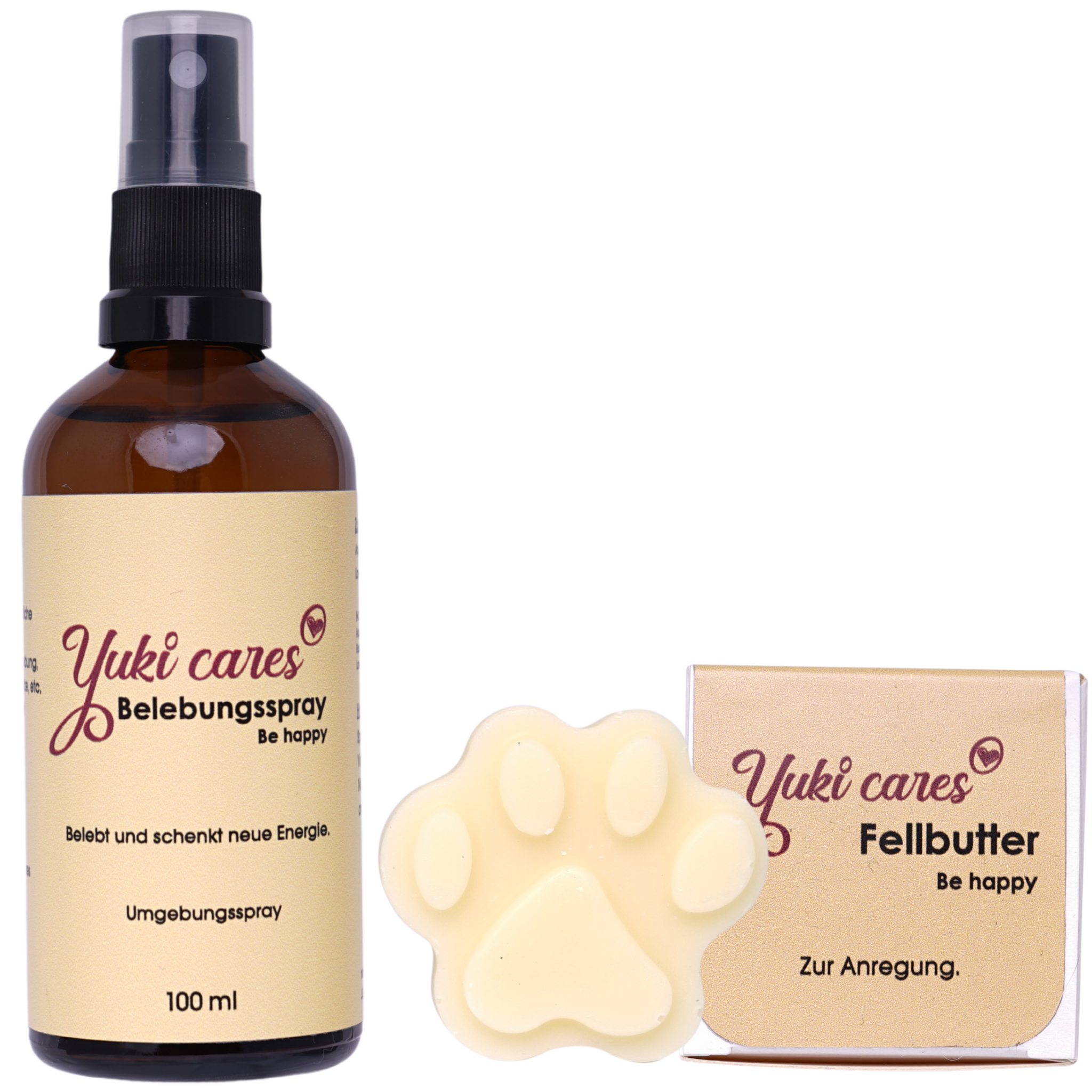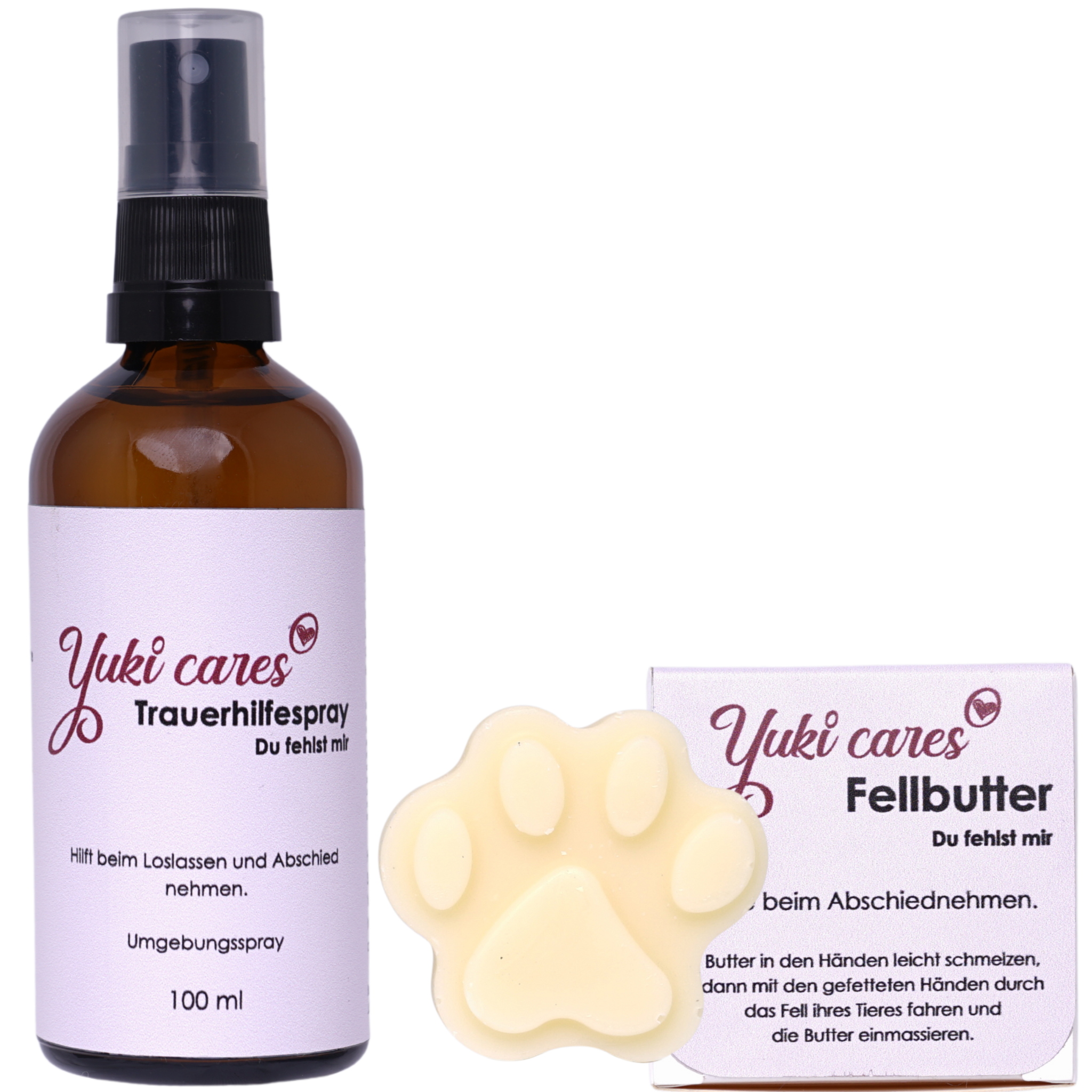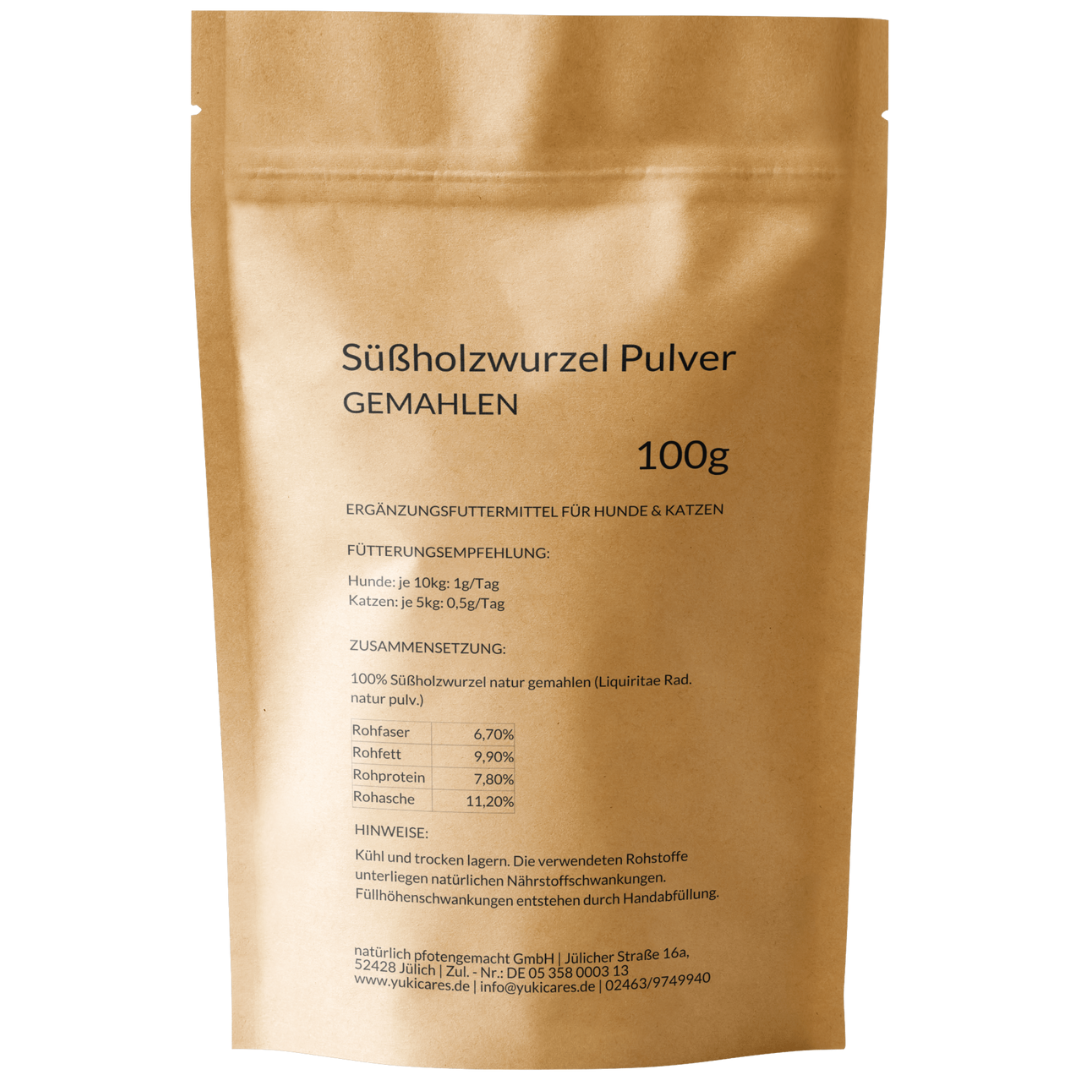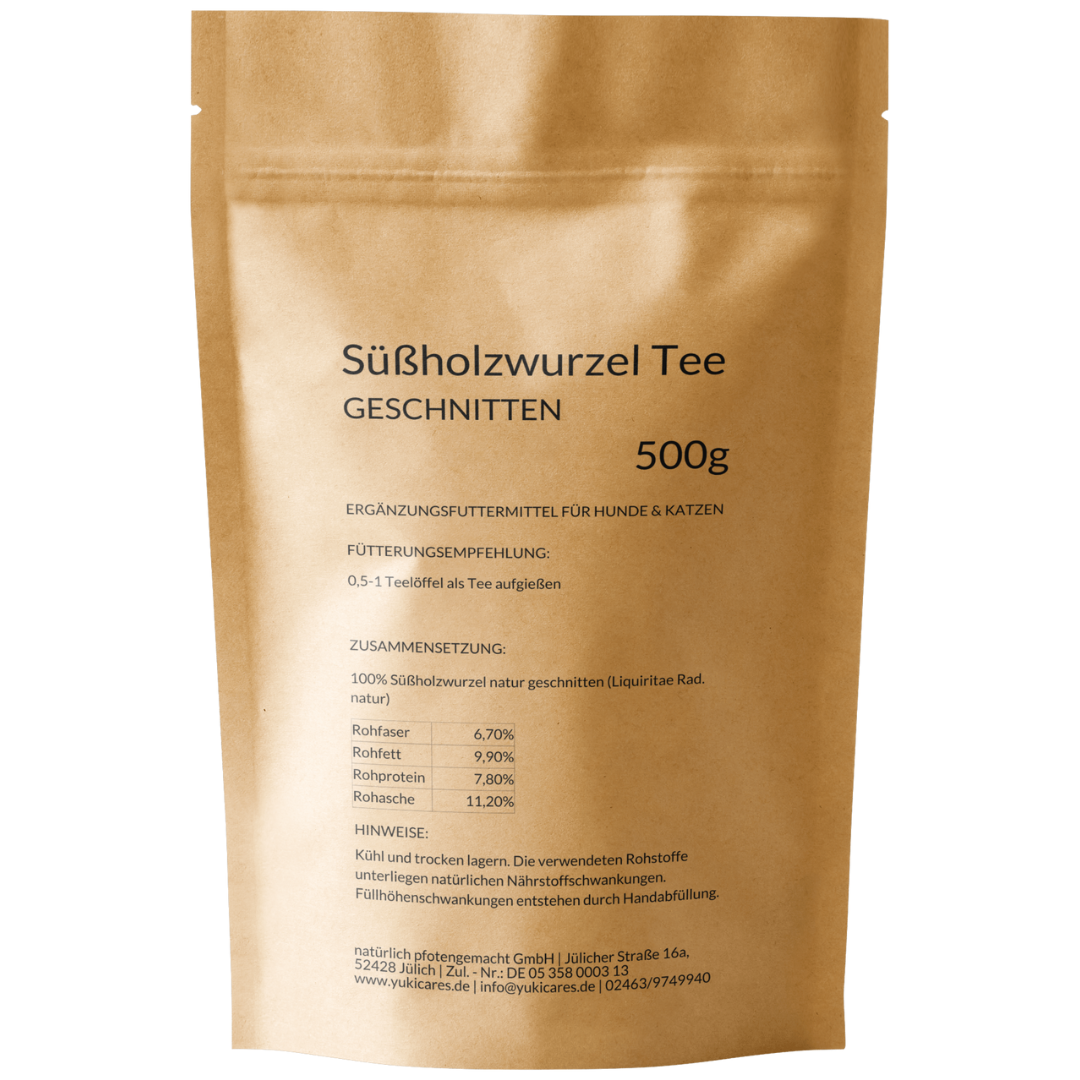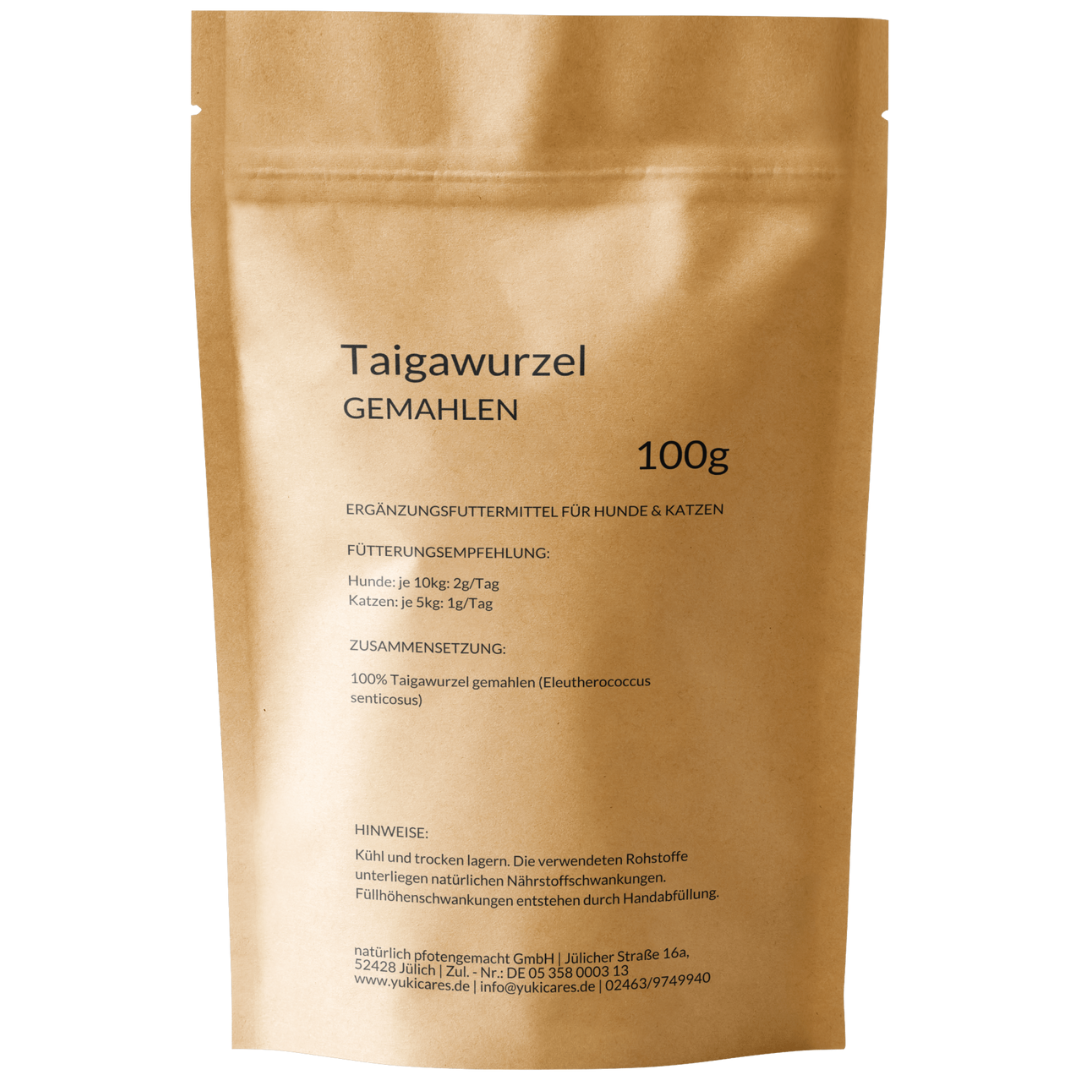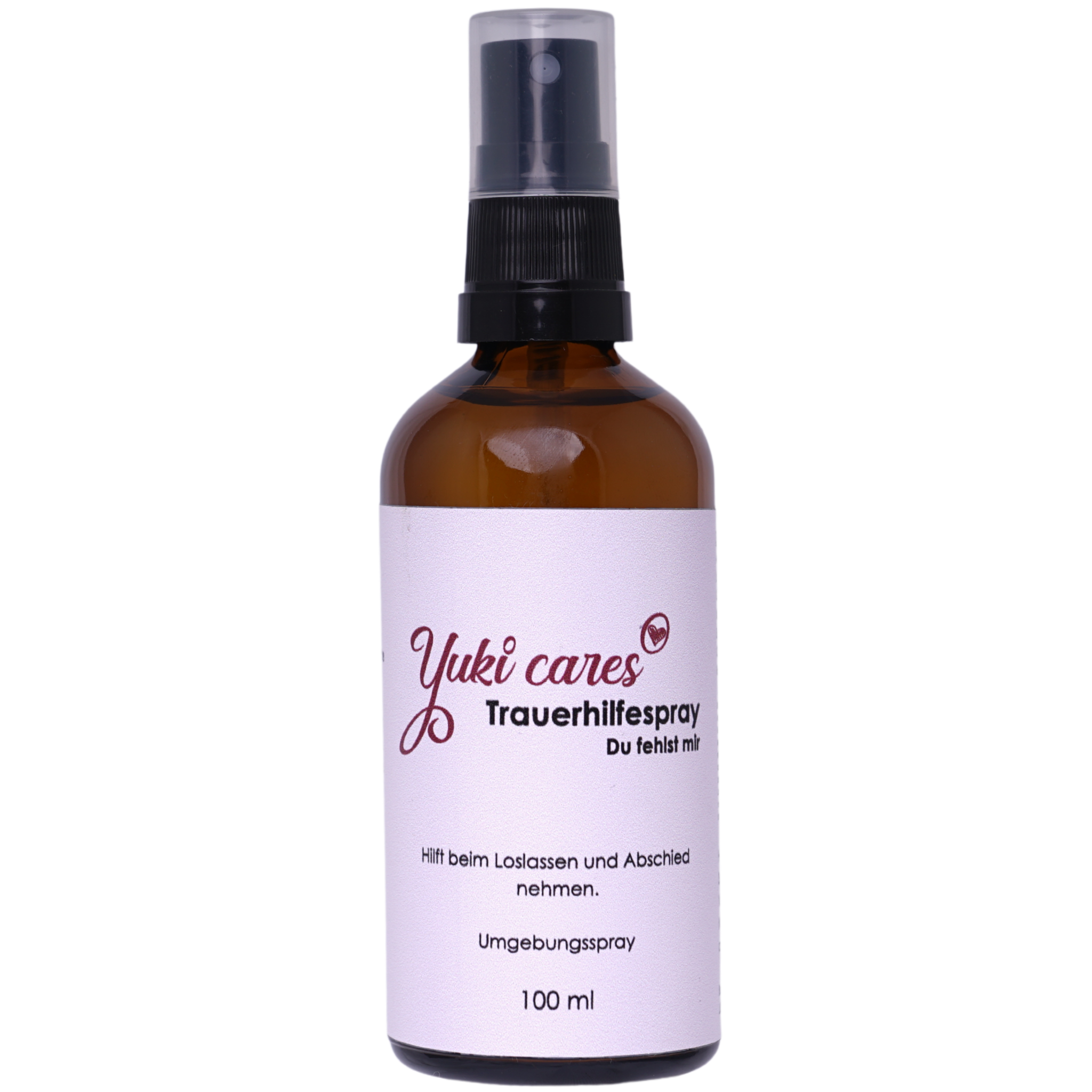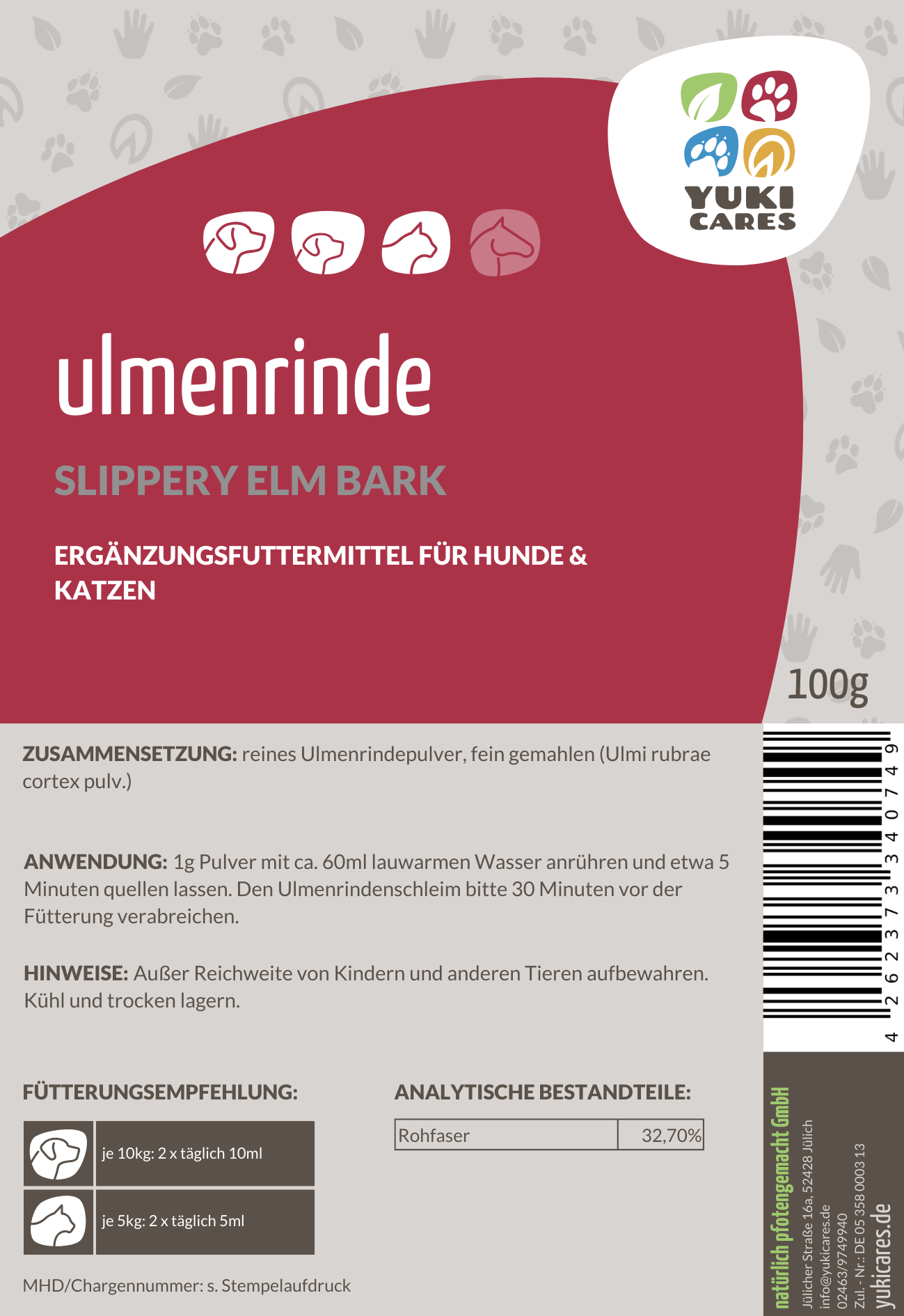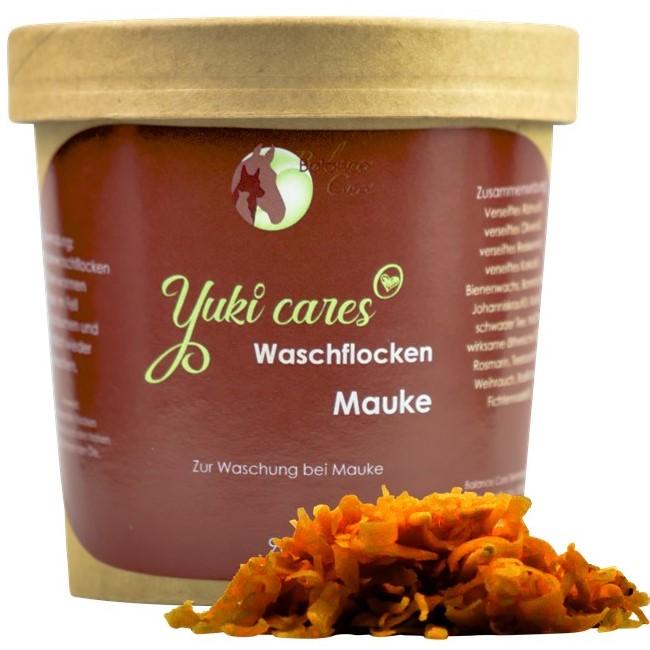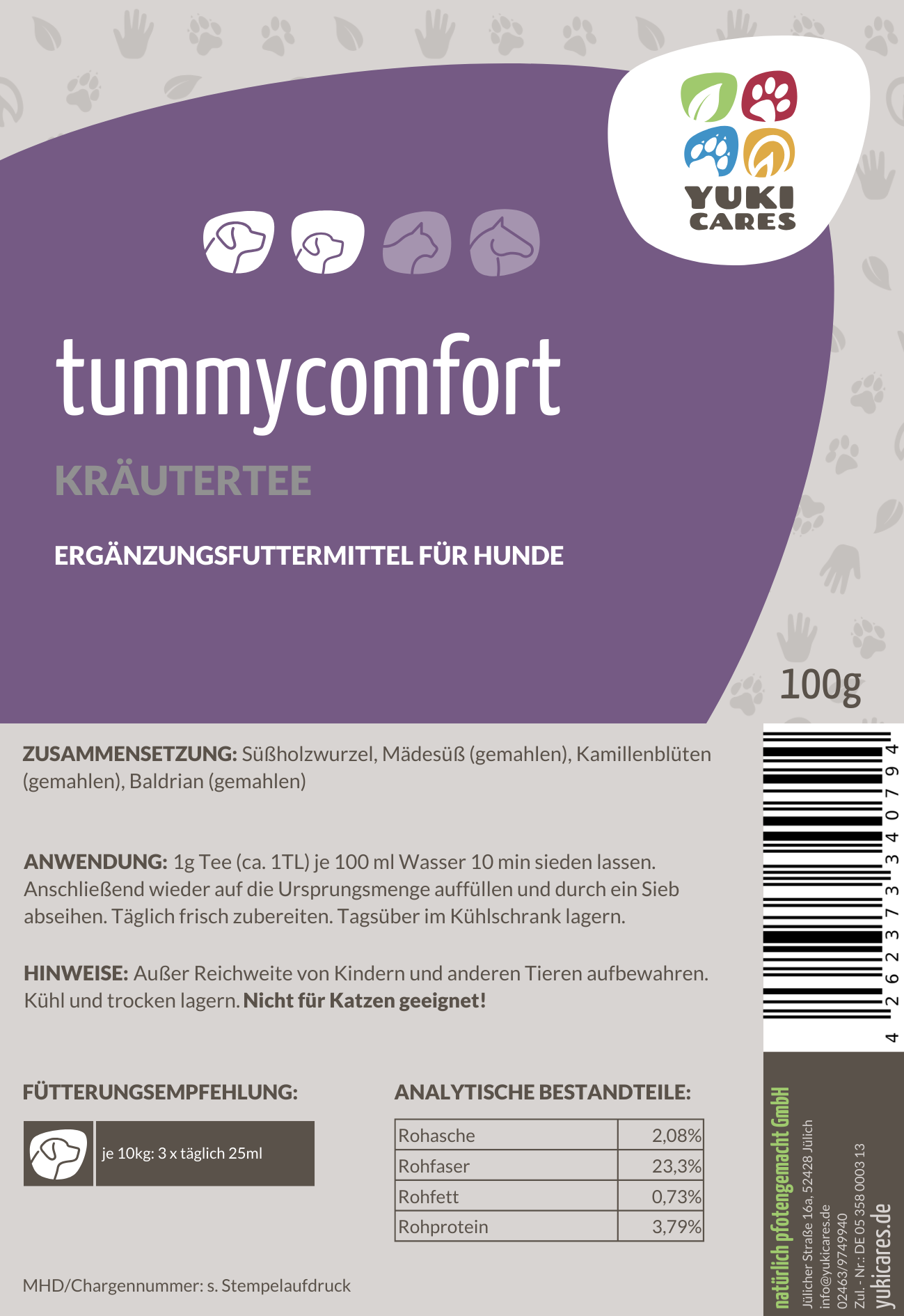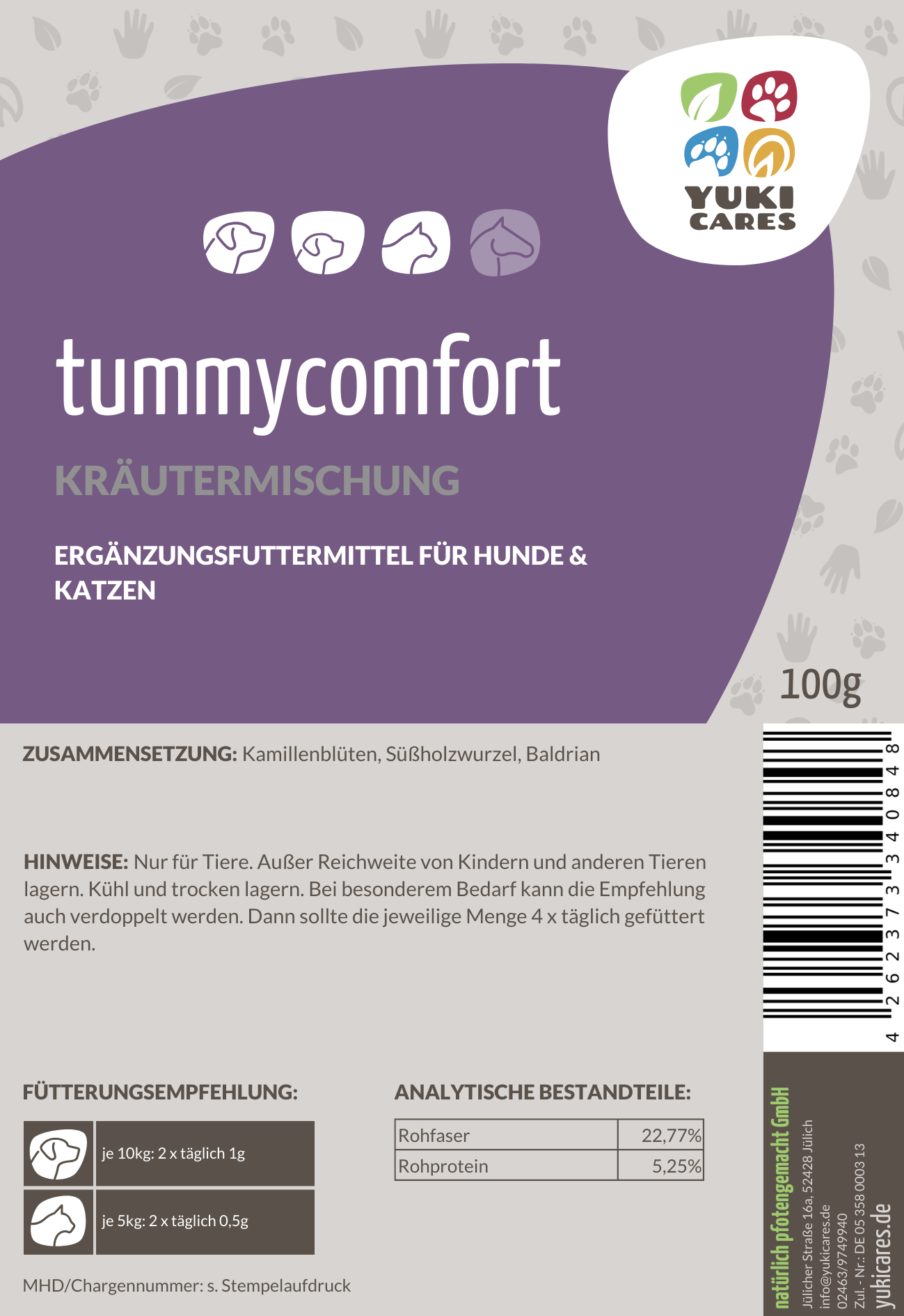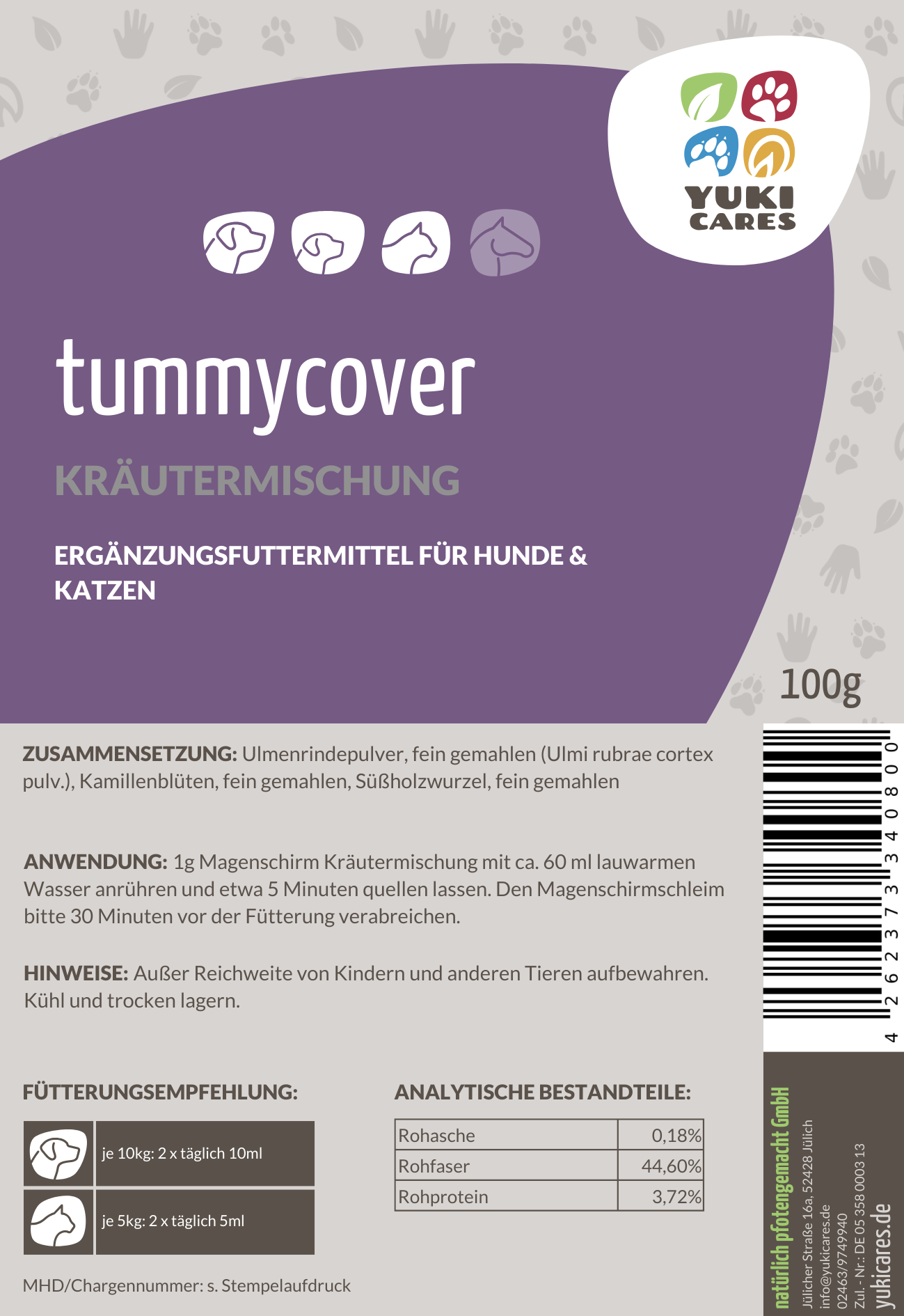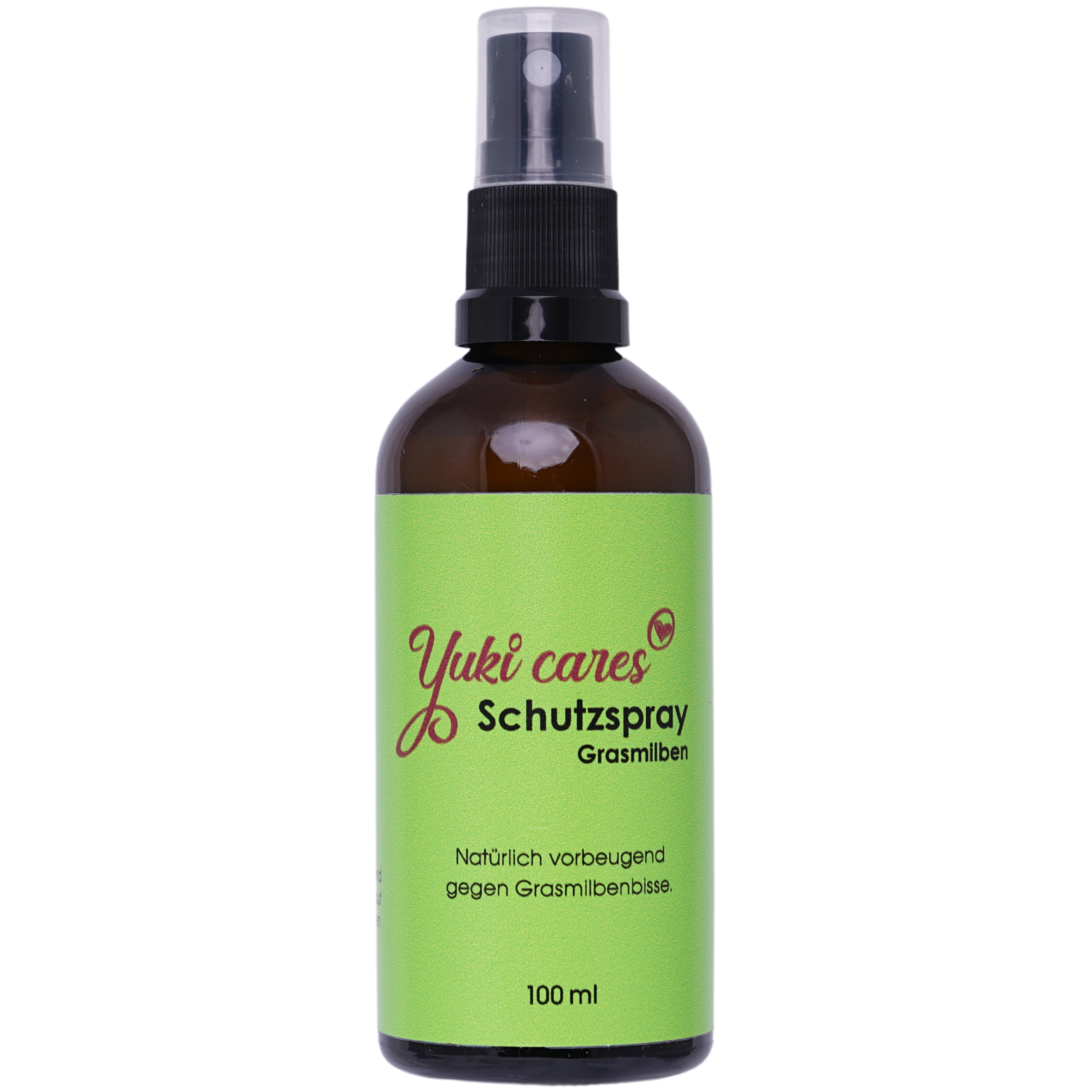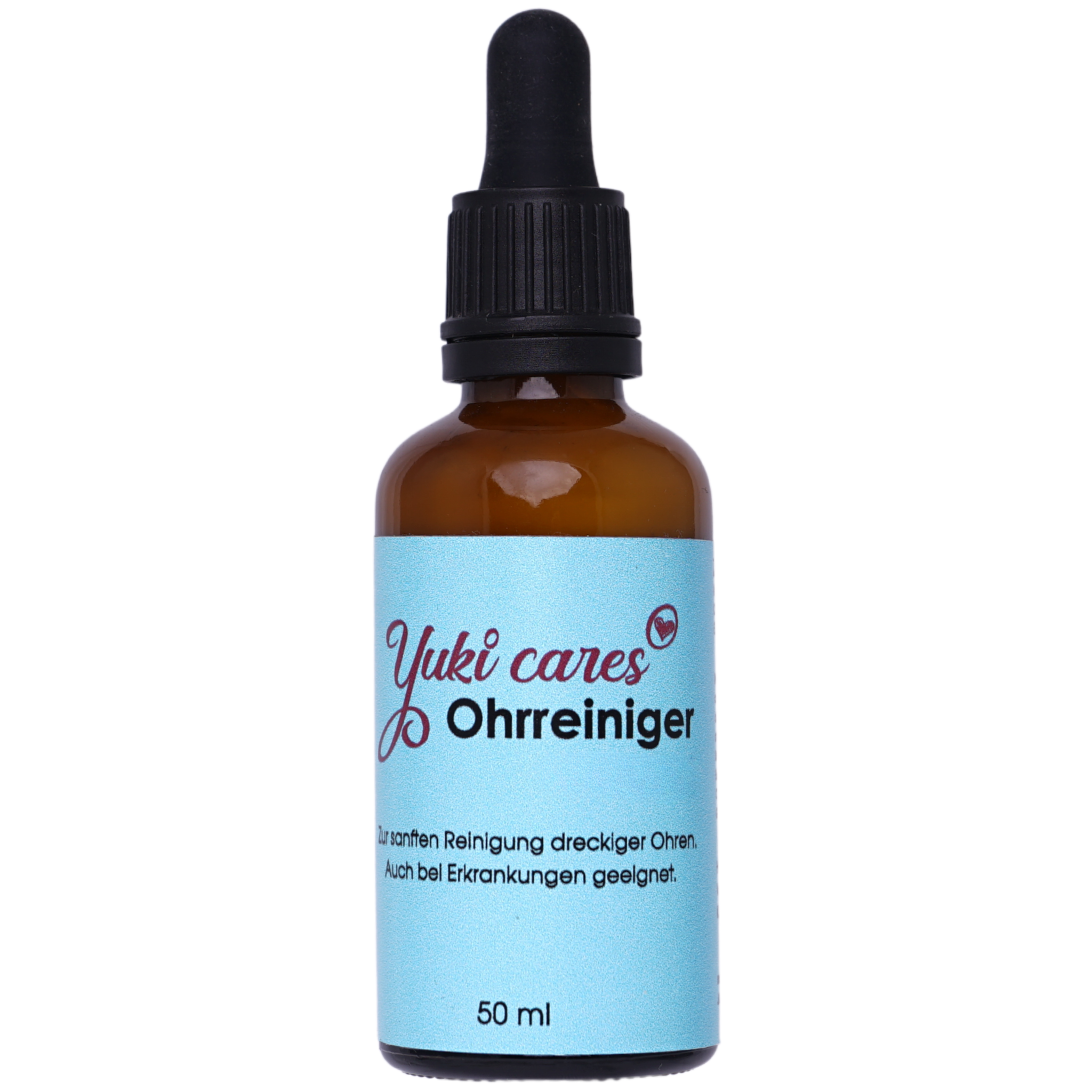Fleas are a real nuisance and annoying little housemates. It's a good thing that coconut oil exists! Coconut oil is one of the most effective home remedies against these unpopular pests, and it's also a completely natural and harmless product. In this article, you'll learn everything about the use and benefits of coconut oil against fleas, mites, ticks, lice, and other parasites.
Inhaltsverzeichnis
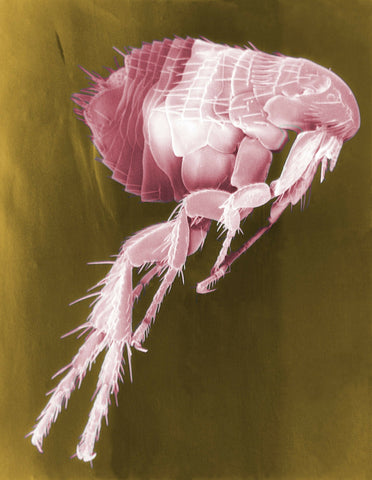
What are fleas?
Fleas are tiny, parasitic creatures. Almost every dog owner will be plagued by fleas sooner or later. When their own legs are bitten, the attention is drawn to their furiously scratching canine companion and fellow sufferer. Even if the dog flea generally remains loyal to its favorite host, it can happen that a flea that accidentally falls off or is shed considers the human's legs as its lunch. Flea bites are intensely itchy and usually appear in groups as small, red dots. The creatures are between one and four millimeters in size. They are easily visible to the naked eye. But they are not easy to catch. A startled flea will crawl into its canine companion's fur at incredible speed or leap away in large leaps. A flying flea would certainly be easier to catch. However, these creatures do not have wings. 2,400 flea species are known worldwide. 80 of these live in Central Europe. The most common flea found on dogs is the cat flea.

The life cycle of the flea
The majority of flea infestations do not occur on pets. Around 80 percent of fleas in the home live in the immediate vicinity of the animal. Upholstery, carpets, and sleeping areas are usually the center of activity. An adult female lays up to 30 eggs a day in the fur of her host. Most of these eggs, however, fall off. After about four to five days, the larvae hatch and feed on the feces of their own kind and other organic debris in the environment. The larvae live in the upholstery of the environment until they molt and become adults. Only the adults live directly on warm-blooded animals. Since the period between egg laying and development into an adult can last between one and three months, flea control must be carried out consistently and over several weeks. While young fleas are very sensitive, the eggs survive almost anything.
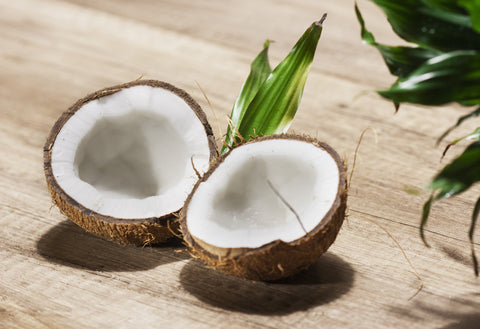
What is coconut oil
Coconut oil is the fat extracted from the ripe flesh of the coconut. It is whitish in its solid state and virtually transparent in its liquid state. As soon as the room temperature exceeds 24 degrees Celsius, it liquefies naturally and immediately solidifies again as soon as it cools. Coconut oil has a pleasantly mild, slightly coconut-like scent. It consists largely of saturated fatty acids. It can be consumed or applied externally. It is said to have many positive health effects.
Coconut oil against fleas
Coconut oil's composition of various acids is primarily responsible for its effectiveness against a wide range of ailments, including insect repellency. With a proportion of over 50 percent, medium-chain lauric acid is primarily responsible for its effectiveness. Lauric acid has been scientifically researched since the 1980s, and its antimicrobial effect is now considered confirmed. It can even kill viruses by penetrating the outer shell, a membrane made of lipids, and essentially dissolving the virus from within. Lauric acid works in a similar way against fleas, flea larvae, and flea eggs. The outer shell is penetrated, killing the insect from within. Unlike many chemical agents, lauric acid also penetrates the flea eggs, thus interrupting the perpetual flea circus.
| Lauric acid | 45.1 – 53.2% |
| Myristic acid | 16.8 – 21.0% |
| Palmitic acid | 7.5 – 10.2% |
| Oleic acid | 5.0 – 10.0% |
| Caprylic acid | 4.6 – 10.0% |
| Capric acid | 5.0 – 8.0% |
| Stearic acid | 2.0 – 4.0% |
| Linoleic acid | 1.0 – 2.5% |
| Caproic acid | < 0.7% |
| Arachidic acid | < 0.2% |
| Gadoleic acid | < 0.2% |
| Linolenic acid | < 0.2% |

Comparison to insecticides
Flea shampoo, flea powder, flea collar, fogger, or spot-on. The market is full of effective remedies for annoying flea infestations. And yes, many of these remedies actually work against fleas. The only downside is the health damage that insecticides can cause. Everything that combats fleas on the dog's skin also penetrates the dog's body. Highly toxic chemicals such as permethrin, fipronil, methoprene, pyroproxyfen, or imidacloprid are added to common flea remedies from supermarkets. These ingredients are extremely harmful to all living creatures. The list of side effects is long. Diarrhea, vomiting, tremors, breathing problems, or cramps can result from these ingredients coming into contact with the skin. In rare cases, an animal can even die after treatment with chemical insecticides. Not to mention the damage these types of products cause when they enter the water system or accidentally get into the hands of children stroking them. The toxic sprays and foggers, in particular, are inhaled by all household members. Given the completely harmless, even health-promoting, and equally flea-fighting properties of coconut oil, the use of chemical products seems more than questionable.
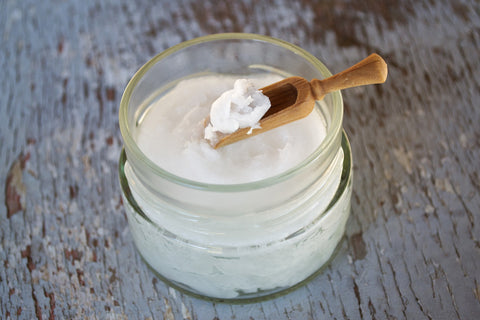
Finding the right coconut oil
Not all coconut oils are created equal. Countless brands and retailers can now be found on supermarket shelves. It's important to ensure that the coconut oil is organic. Coconut oil, like many other plant-based products, can be contaminated with harmful substances and produced cheaply with inadequate controls. Organic farming reduces the risk of contamination by eliminating the need for dangerous insecticides and fungicides. Non-organic coconut oil is certainly still better than a chemical-based insecticide. However, it may not be as effective against fleas. Only carefully harvested, ripe, and lightly contaminated coconuts contain the highest lauric acid content. Good retailers openly disclose the lauric acid content. Look for a content of at least 50 percent. Cold-pressing the oil is also important. By pressing at low temperatures, the ingredients remain in their natural form and are not lost through heat.
When buying coconut oil, pay attention to the following properties:
- Organic coconut oil
- Native
- Cold-pressed
- Lauric acid at least 50 percent
Application & home remedies
1. The dog should first be thoroughly washed and dried with a chemical-free shampoo or mild dog soap . Then, for the first basic treatment, apply organic coconut oil generously over the entire body. It's important to massage the oil thoroughly into the coat and completely cover the skin to ensure every flea is caught. Avoid the eye area.
2. The dog should now remain in its coconut oil mask for about an hour. Most four-legged friends aren't thrilled with oily fur, and their expressions betray confusion. To prevent the dog from spreading oil stains around the house, it should be allowed to wait for the relieving shower in a relatively sterile room. Perhaps in the bathroom, on a towel, with a tasty snack between its teeth. Most pets also find coconut oil very tasty. It won't hurt if the dog licks a little oil from its fur.
3. You can now use the exposure time of the organic coconut oil to eliminate the remaining fleas. You'll probably remember that 80 percent of flea infestations live in the upholstery of your home. This is where you need to get rid of them. First, wash everything that's washable. Clothes, pillowcases, blankets, etc. Fleas are effectively killed at 60 degrees Celsius. You can also sprinkle diatomaceous earth over everything. Then it's time to vacuum, vacuum, and vacuum again. This includes rooms the dog doesn't have access to. It's important to dispose of the vacuum cleaner bag immediately afterward. Afterwards, all utensils should be treated with a natural flea spray for upholstery and laundry. This should be done for the first time immediately after cleaning the house. Here, too, nature is preferable to chemicals. You can also make your own natural flea sprays for upholstery.
Here are three recipes for good home remedies
- Boil a handful of fresh rosemary leaves and a handful of fresh peppermint leaves in a liter of water for about 15 minutes. Let cool, pour into a spray bottle, and you're done.
- Cut three lemons into large pieces and boil them in 700 ml of water for about 30 minutes. Let the lemons steep in the water for a few hours until it has cooled. Strain the lemons and discard them. Add 350 ml of clear brandy vinegar or apple cider vinegar to the water. Pour the mixture into a spray bottle. Done.
- Add 10 drops of lavender oil, 10 drops of geranium oil, and 10 drops of citronella oil to 500 ml of water. Pour everything into a spray bottle. Done.
4. Wash the dog thoroughly with your mild dog soap until the coat is no longer greasy. This may require several latherings. Then, dry the dog and comb it with a flea comb. This will remove many dead fleas from the dog's coat.
5. Now, as a preventative measure, your best friend will get a little coconut oil on his coat. Rub a thin layer of the oil into your hands and gently stroke the dog's coat. Only coat the coat lightly, so the dog doesn't look greasy. Fleas hate lauric acid and will keep their distance from the dog. Alternatively, you can simply spray your dog with our coconut spray as a preventative measure; this will penetrate the coat and not make it greasy. For cats and puppies up to 12 weeks old, please use the "Rumtreiber" coconut spray .
6. Repeat the entire procedure once a week for at least 6 weeks. Comb your dog daily with a flea comb. Change and wash his bedding daily during the first week and vacuum the living area daily.
Conclusion
Prevention is always the better option, as fighting a flea infestation requires nerves of steel. Therefore, protect your dog or cat during peak season with coconut spray or fur butter . You can also wash dogs every few weeks with anti-flea soap , and spray all fabric surfaces that you can't wash at least once a week with an anti-flea spray. You can also put some spray in your vacuum cleaner bag.
You can find even more information specifically about fleas in our animal information:
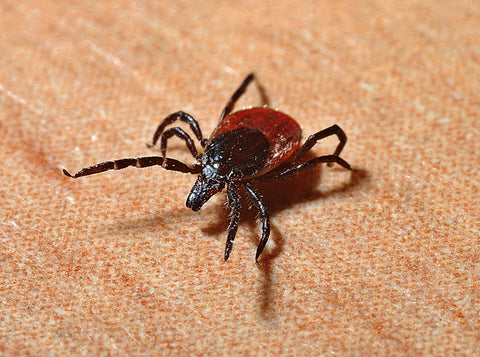
Does coconut oil also help against other pests?
Coconut oil is not only effective against fleas, but also against other annoying pests. The procedure for cleaning your pet and your home remains largely unchanged. For example, you can use coconut oil effectively to prevent ticks. To do this, lightly coat your dog with the oil before a walk. If a tick has already bitten and had to be removed, you can gently rub the area with coconut oil, and the tick's highly infectious saliva can be neutralized. Parasites such as mites, lice, worms, and biting lice also respond perfectly to treatment with coconut oil. Coconut oil can even be used against internal worm infestations, thus partially replacing highly toxic chemical deworming treatments. For this purpose, coconut oil is incorporated into your pet's regular diet. Before any intensive deworming treatment, the dog's feces should first be examined for parasites. Because if there are no worms, there is no need for a deworming treatment. Of course, this applies not only to our canine friends, but also to cats, horses and other four-legged friends.
Other uses of coconut oil
Coconut oil has countless uses. For example, we use it as a foaming agent in our dog soaps because, when saponified, it produces a lovely, smooth lather. Even stressed dog paws, perhaps due to winter road salt, benefit from rubbing it in. If your dog is suffering from a fungal infection or warts, coconut oil can help heal these conditions quickly and effectively. It even effectively treats skin diseases without the chemical treatments of conventional medicine. Due to its many benefits, we like to use coconut oil in our products. You'll find a list of these benefits below.
Conclusion: Coconut oil is a true miracle cure for fleas and other parasites. Whether your beloved dog, cat, or horse is infested with fleas, coconut oil always helps. It's gentle on the skin, completely harmless to dogs, and most four-legged friends even find the taste exceptionally good. Coconut oil also works against flea eggs, making it far superior to most chemical remedies available in supermarkets. Inexpensive to purchase and easy to use, coconut oil is one of the healthiest and most effective remedies for fleas.
Yuki cares products with coconut oil
Text by Textbroker / **Sandra**
Photos by Pixabay



